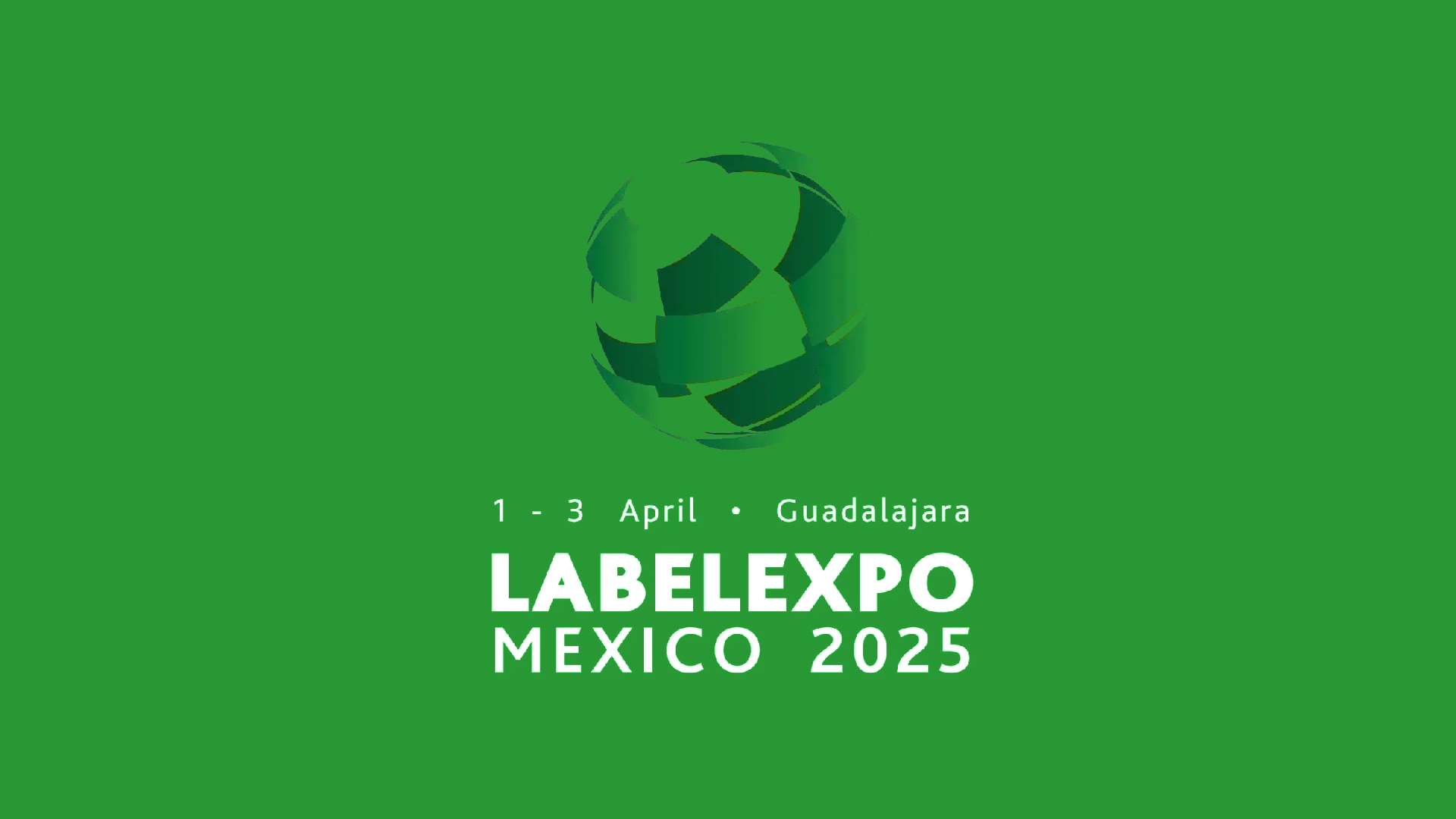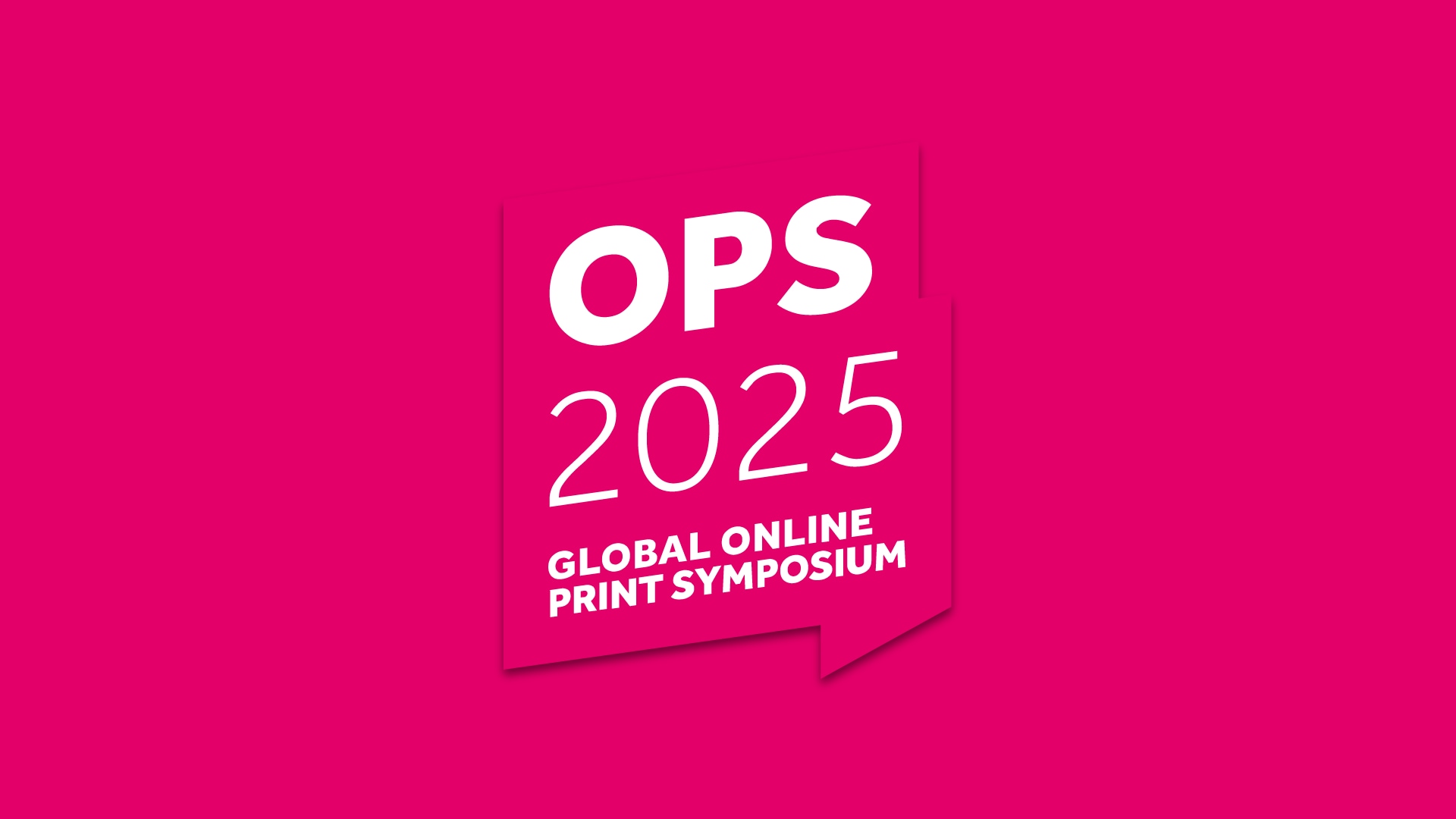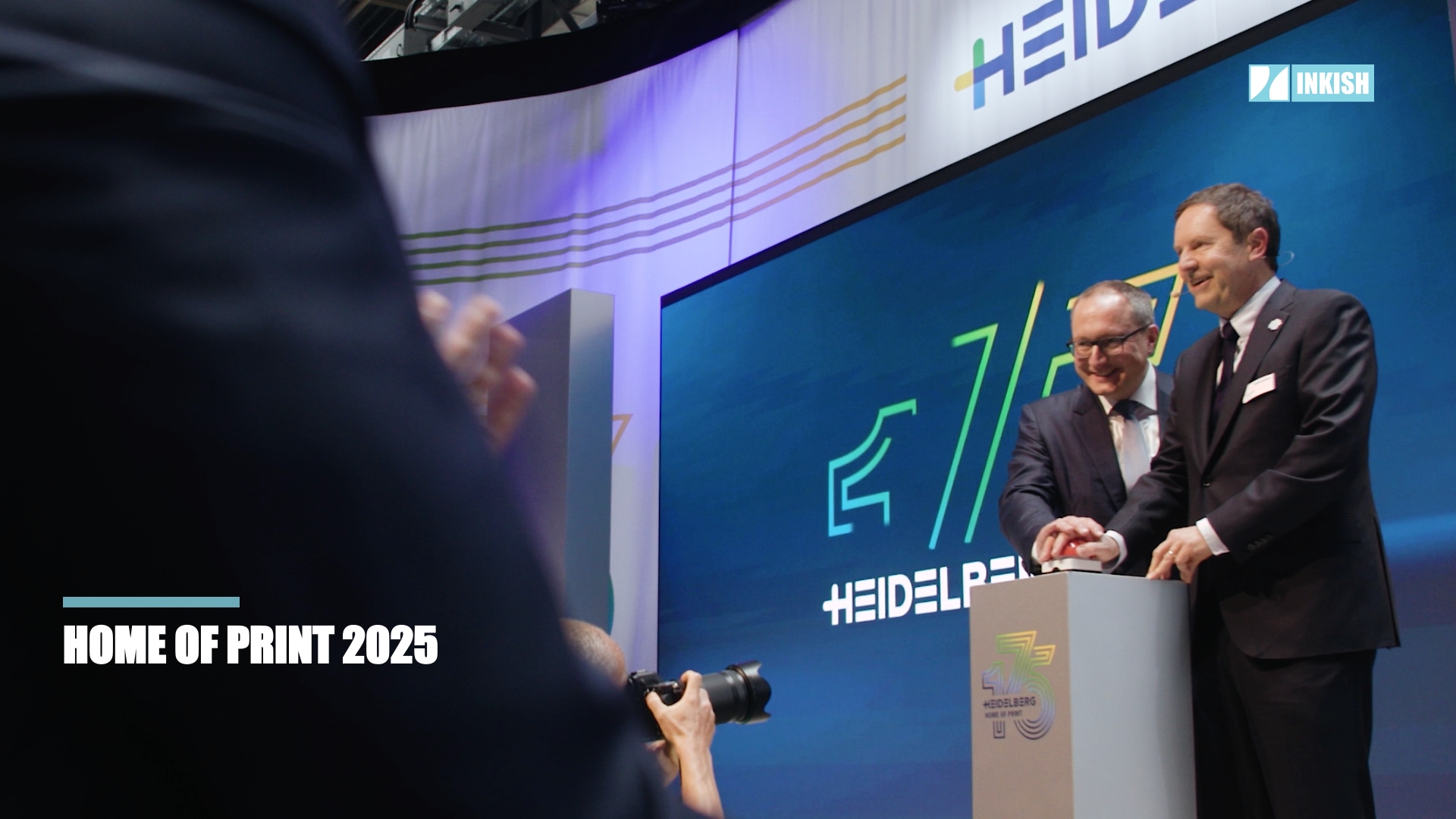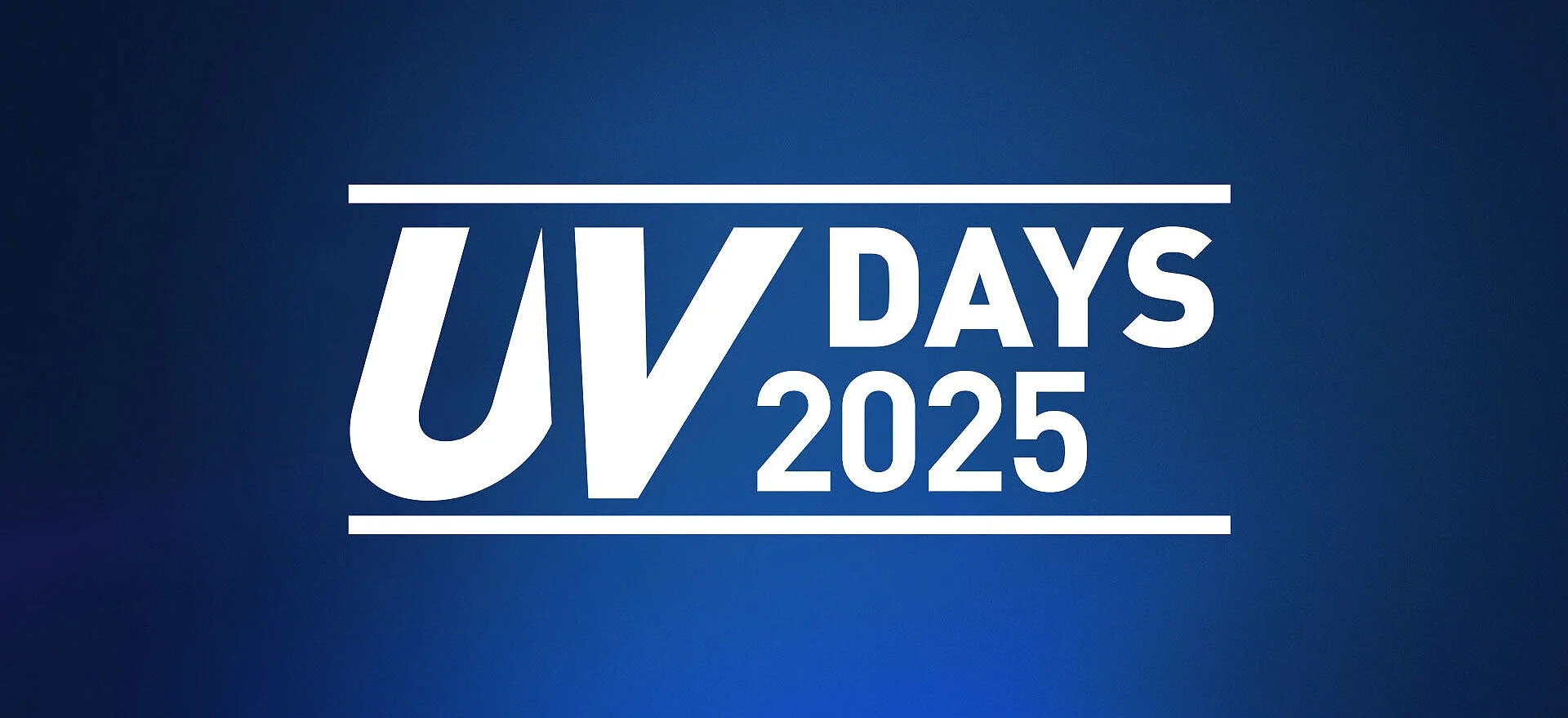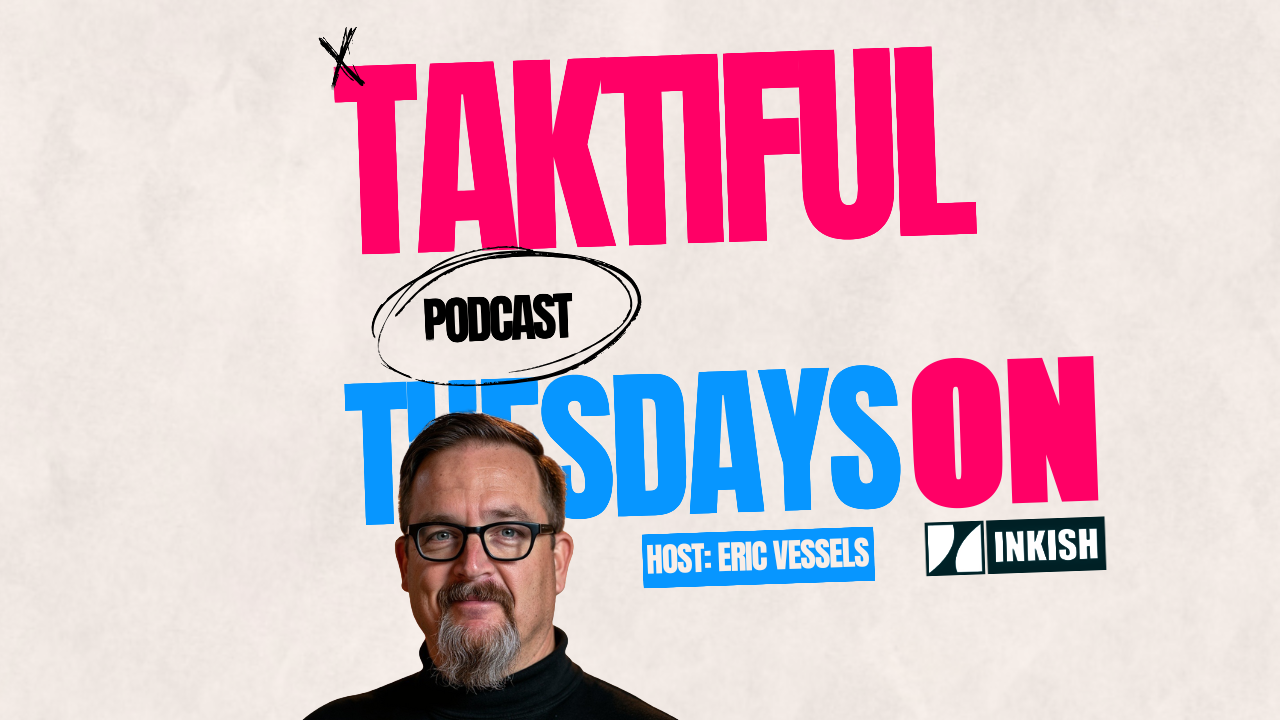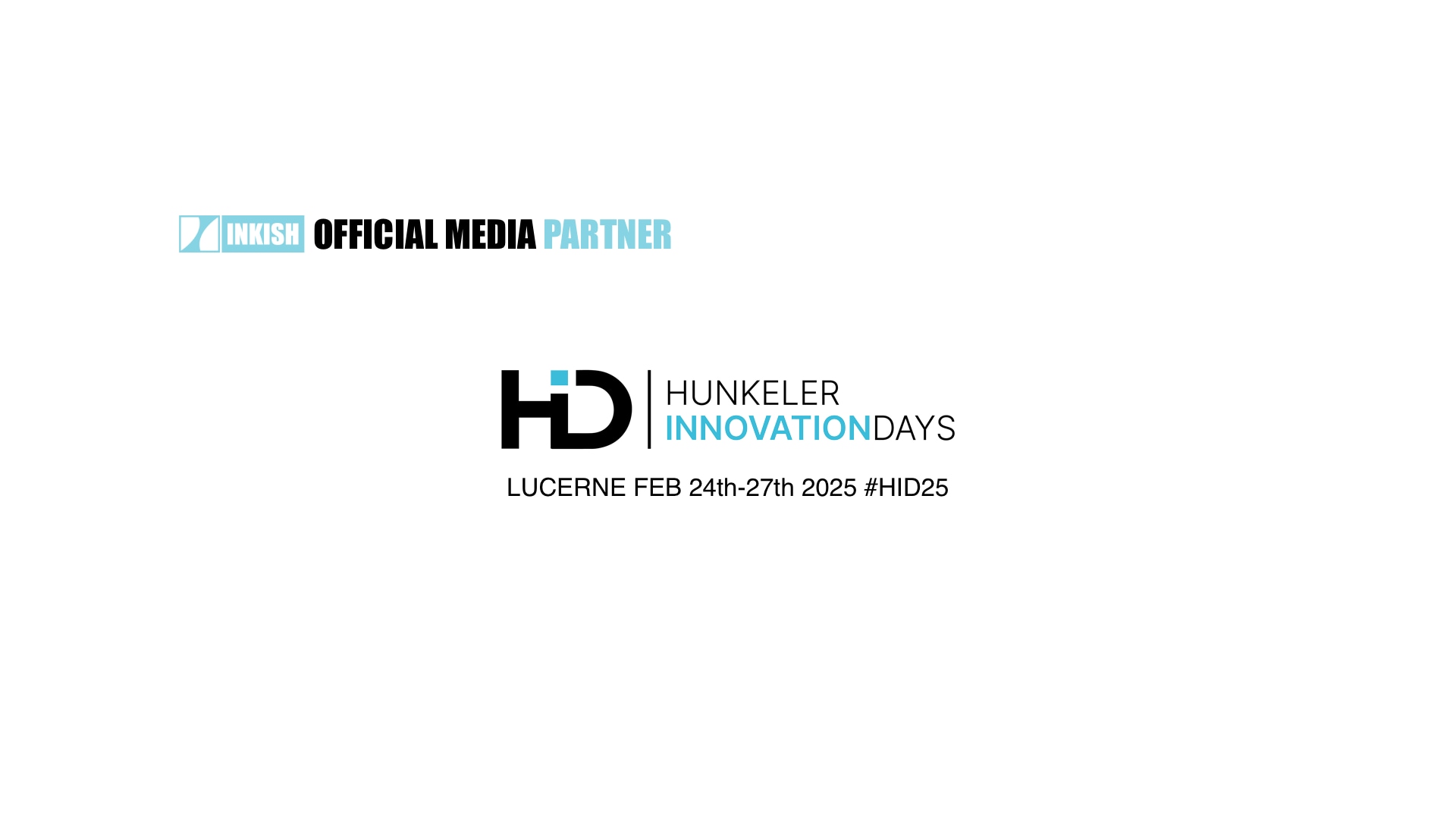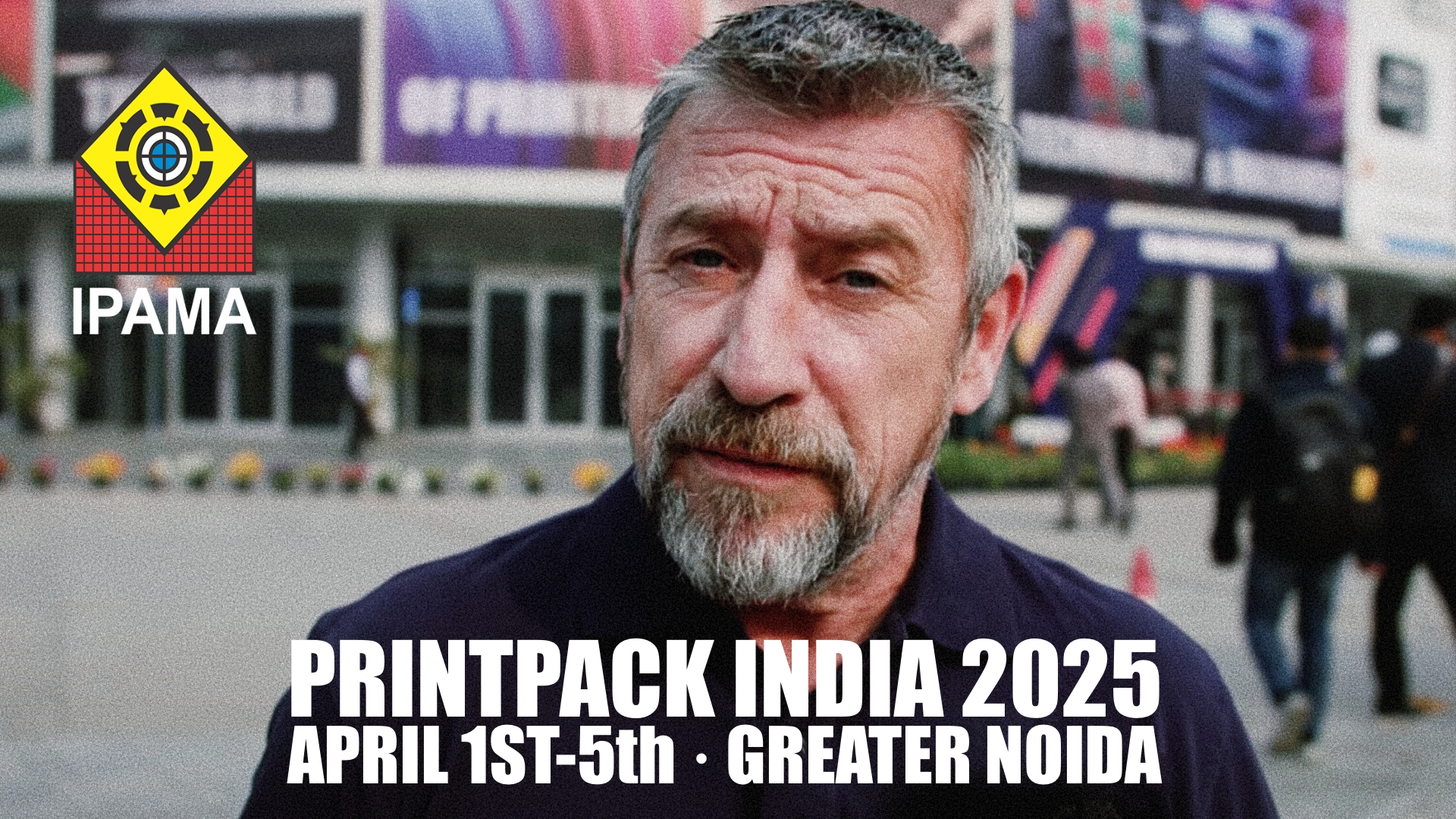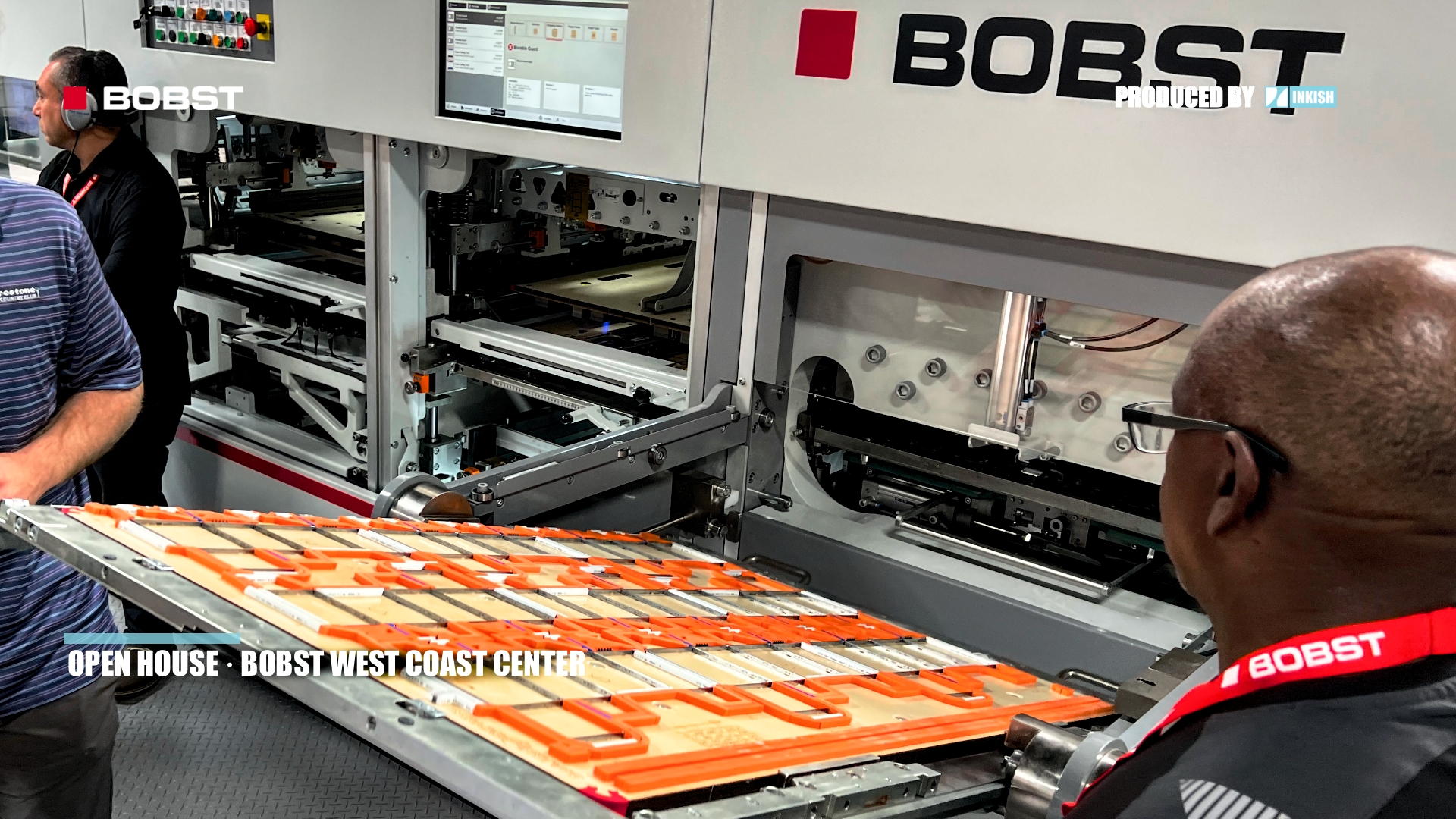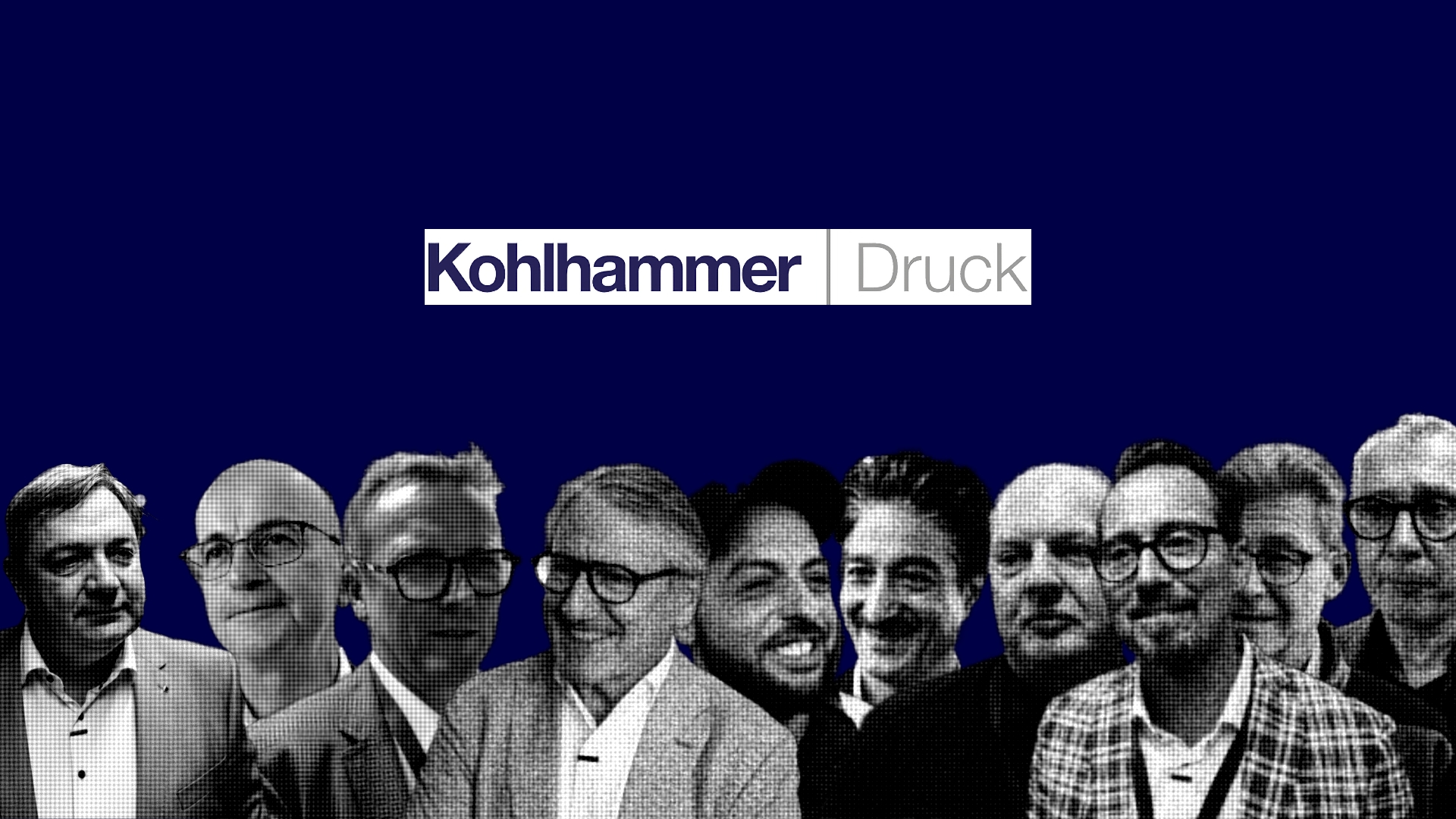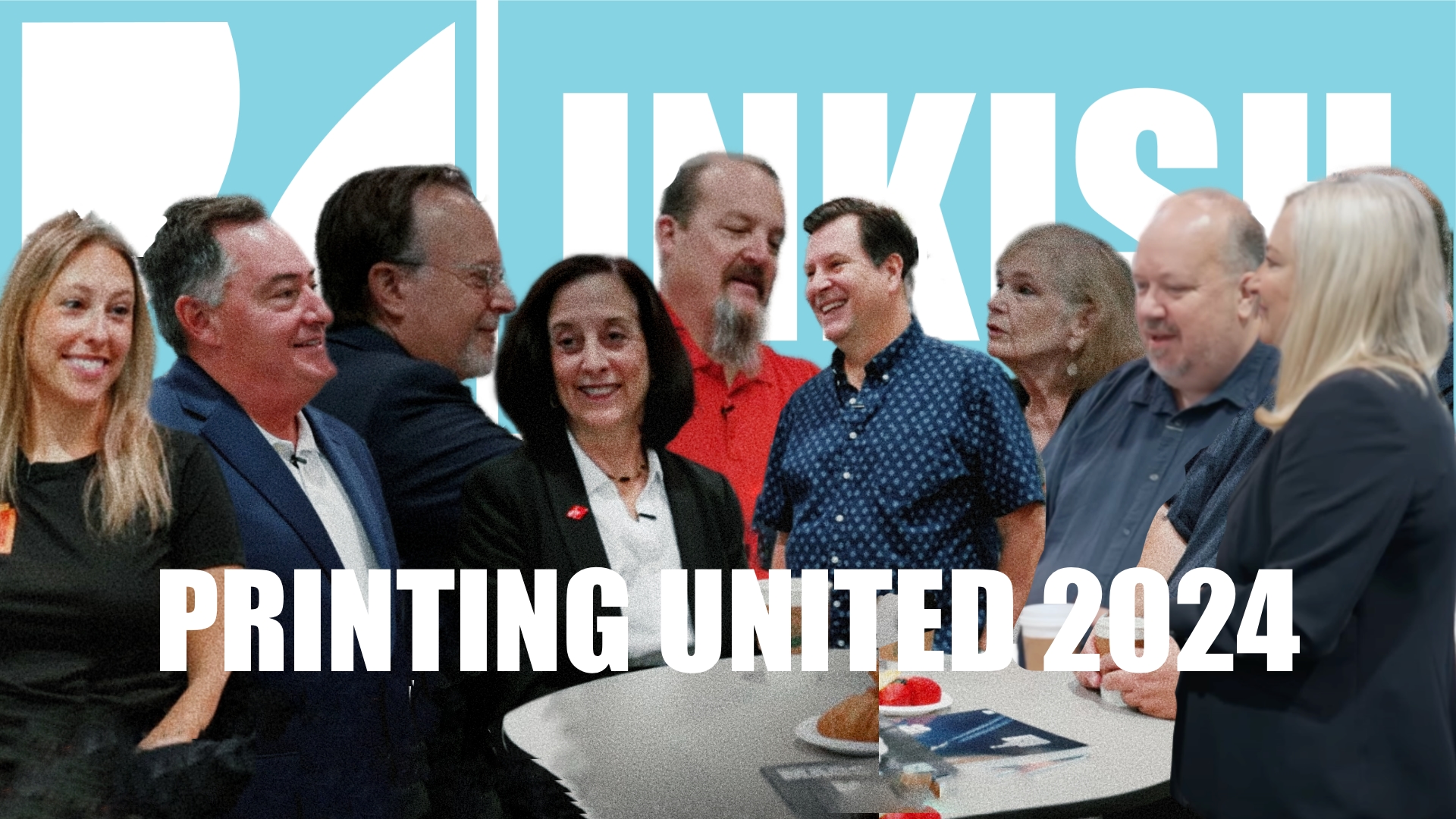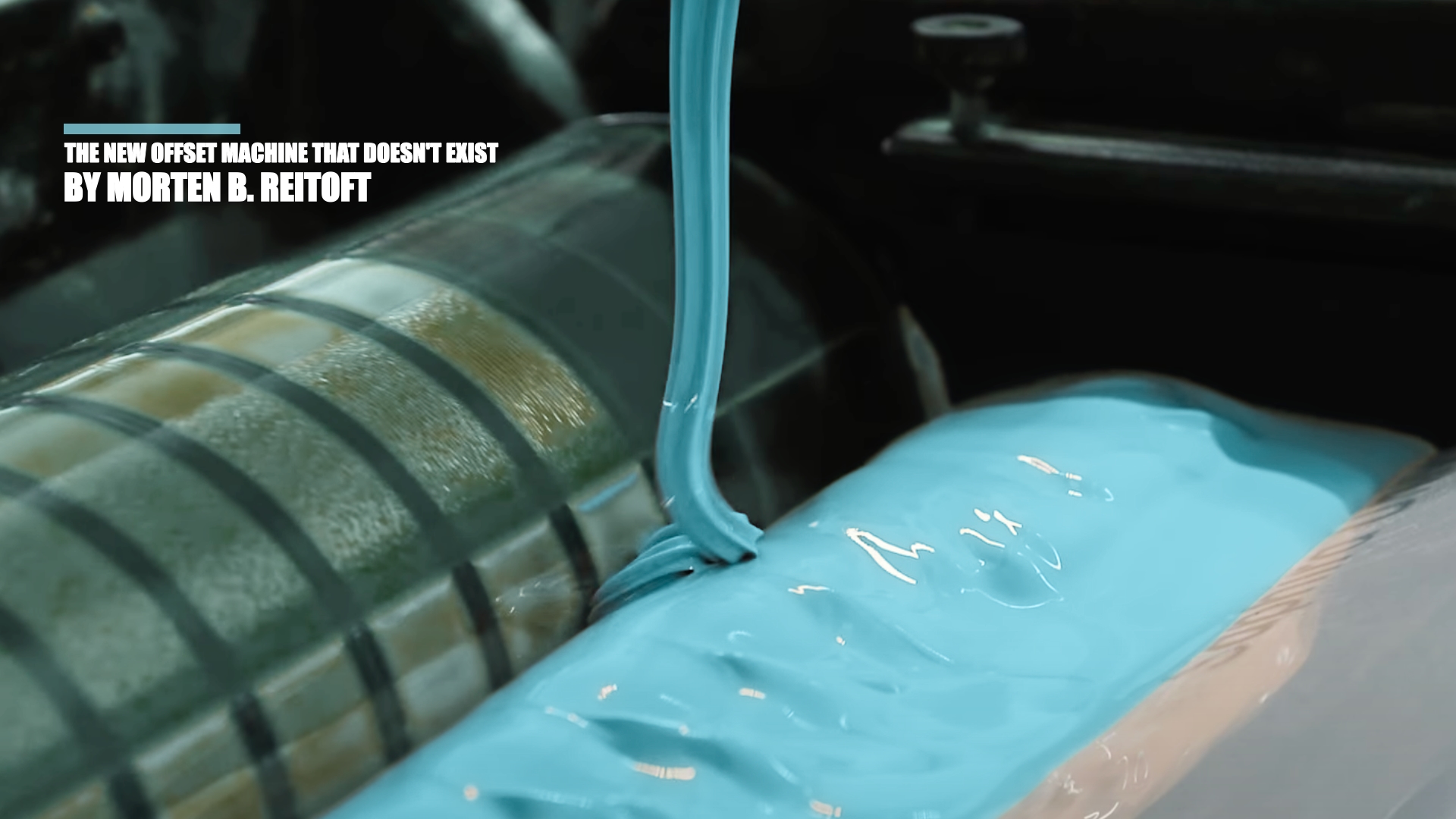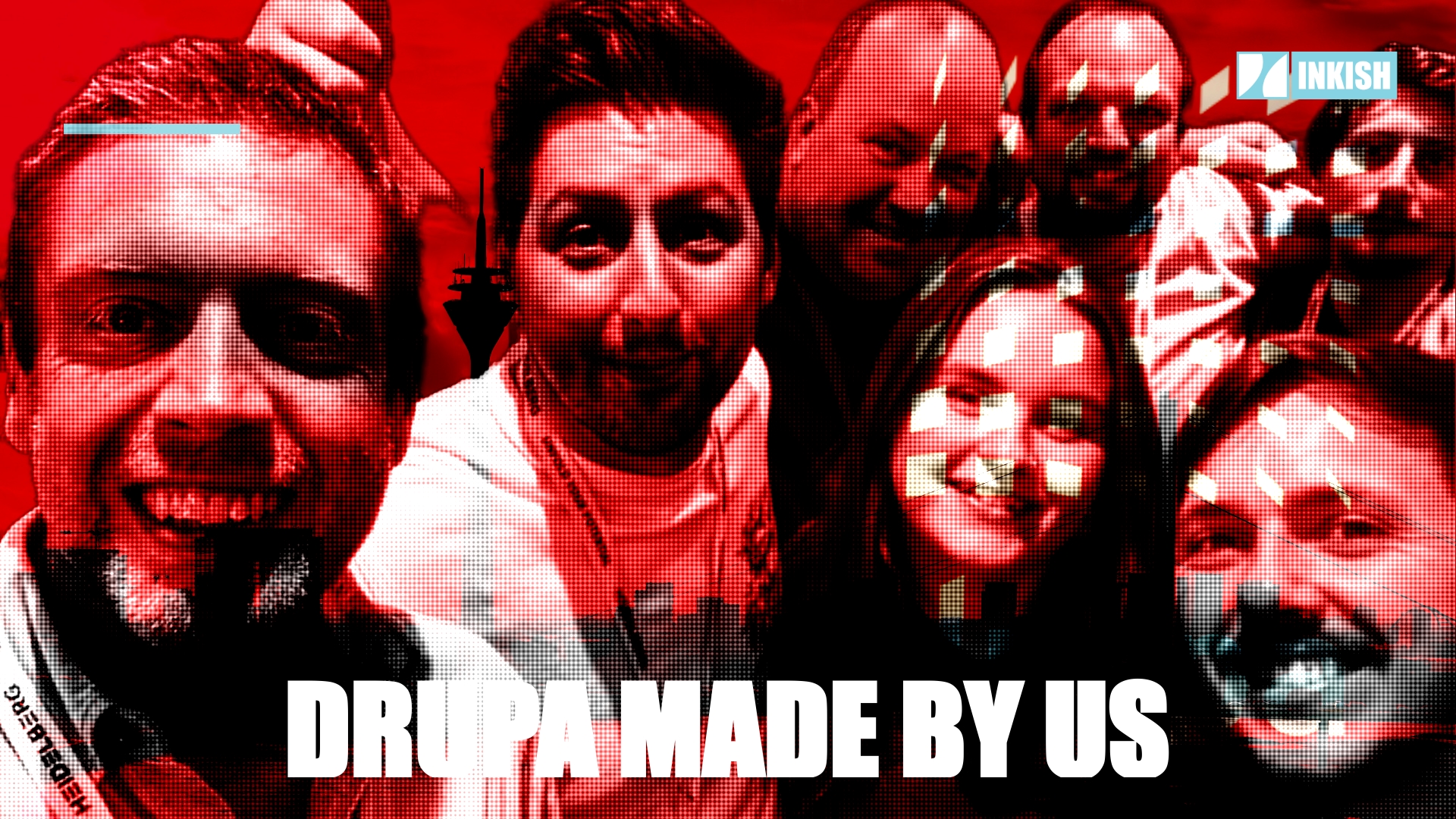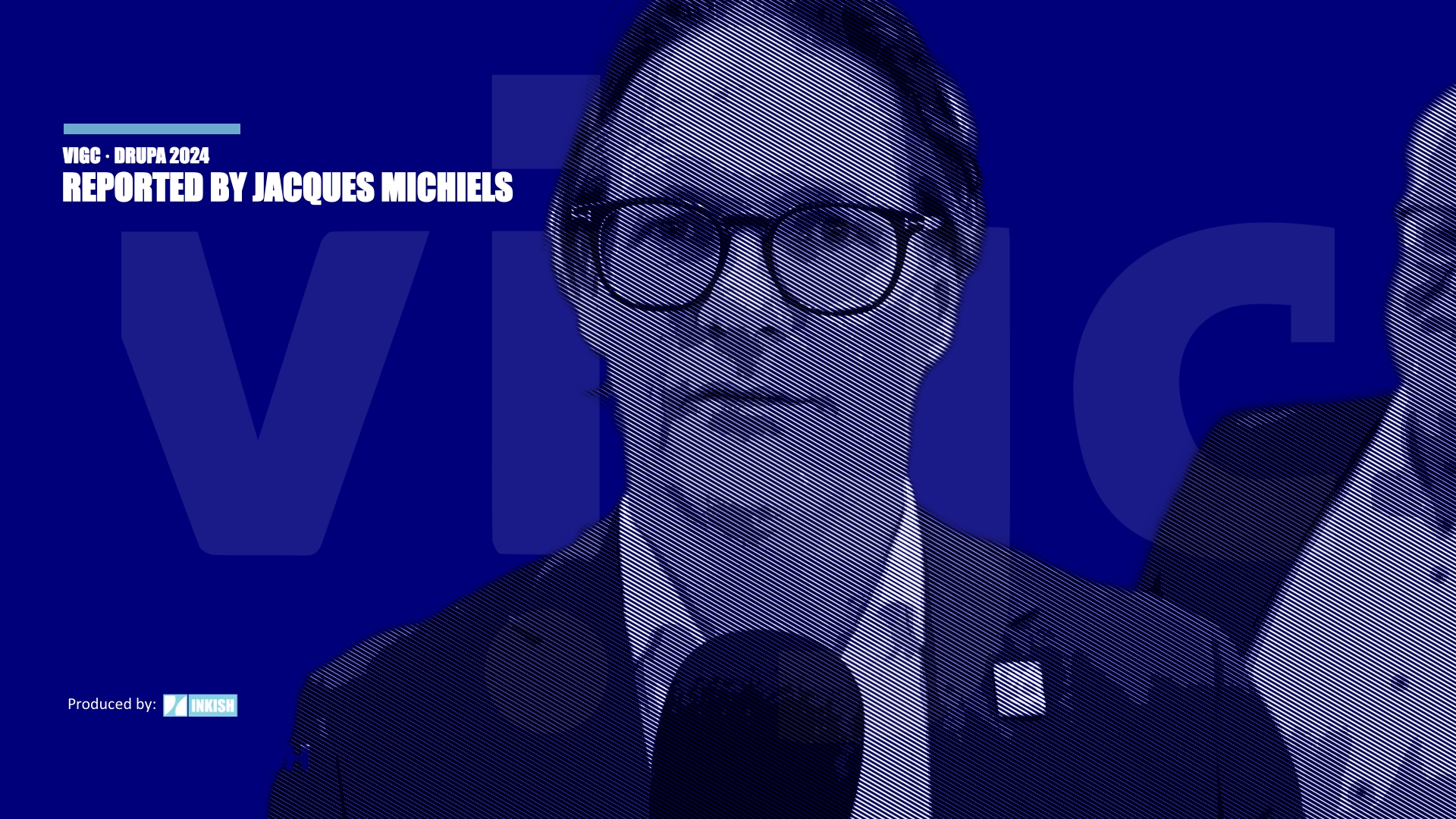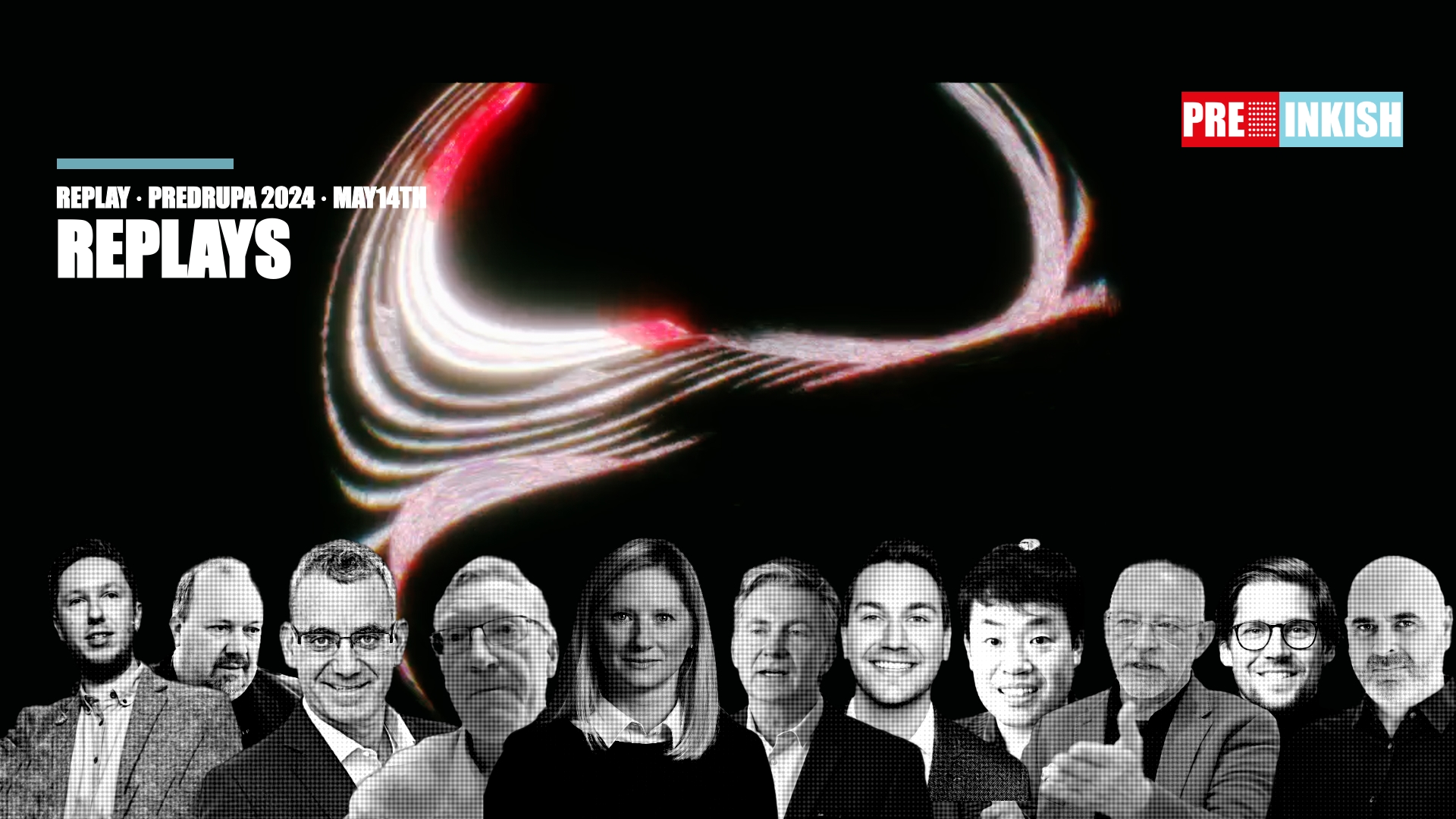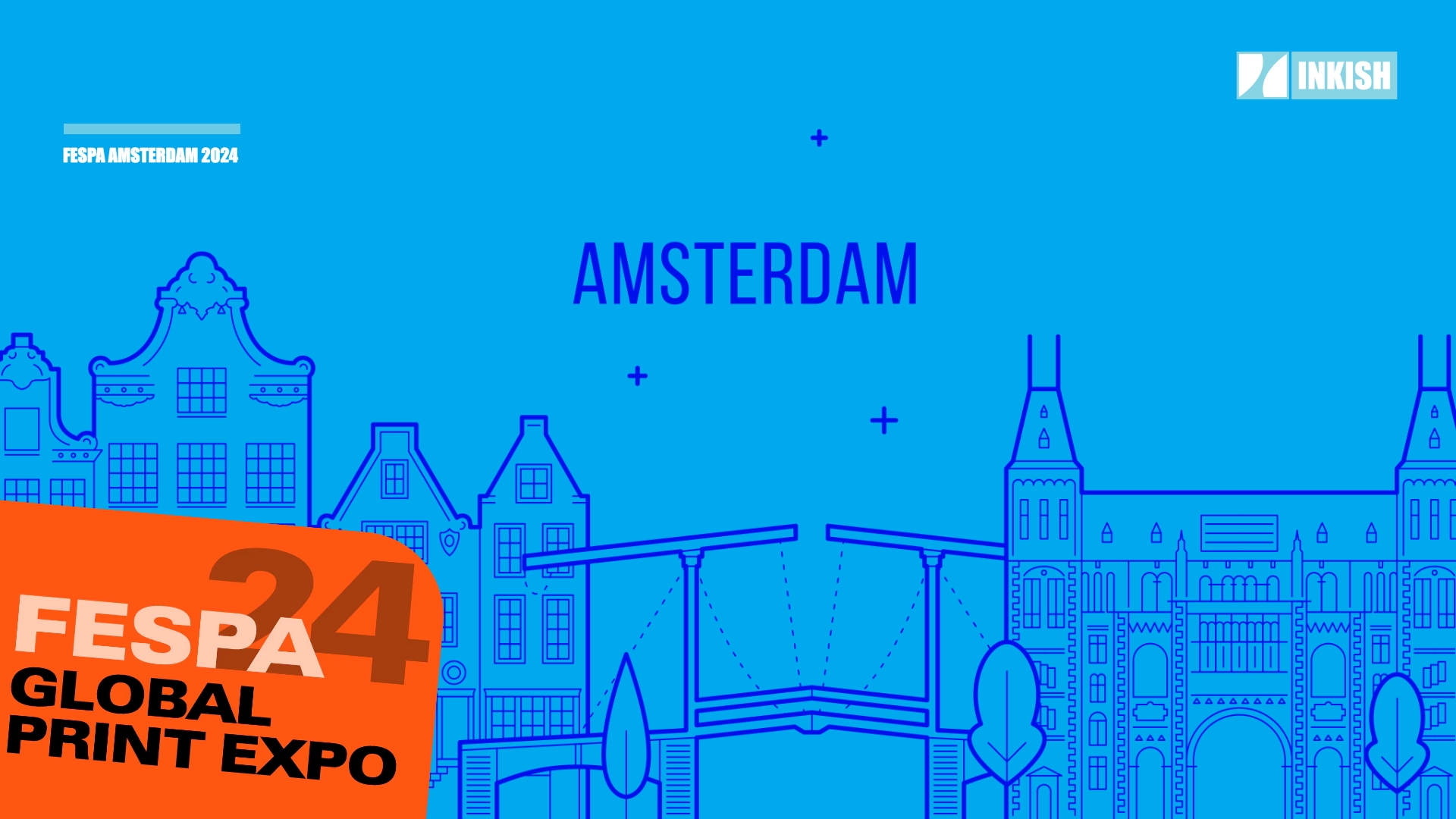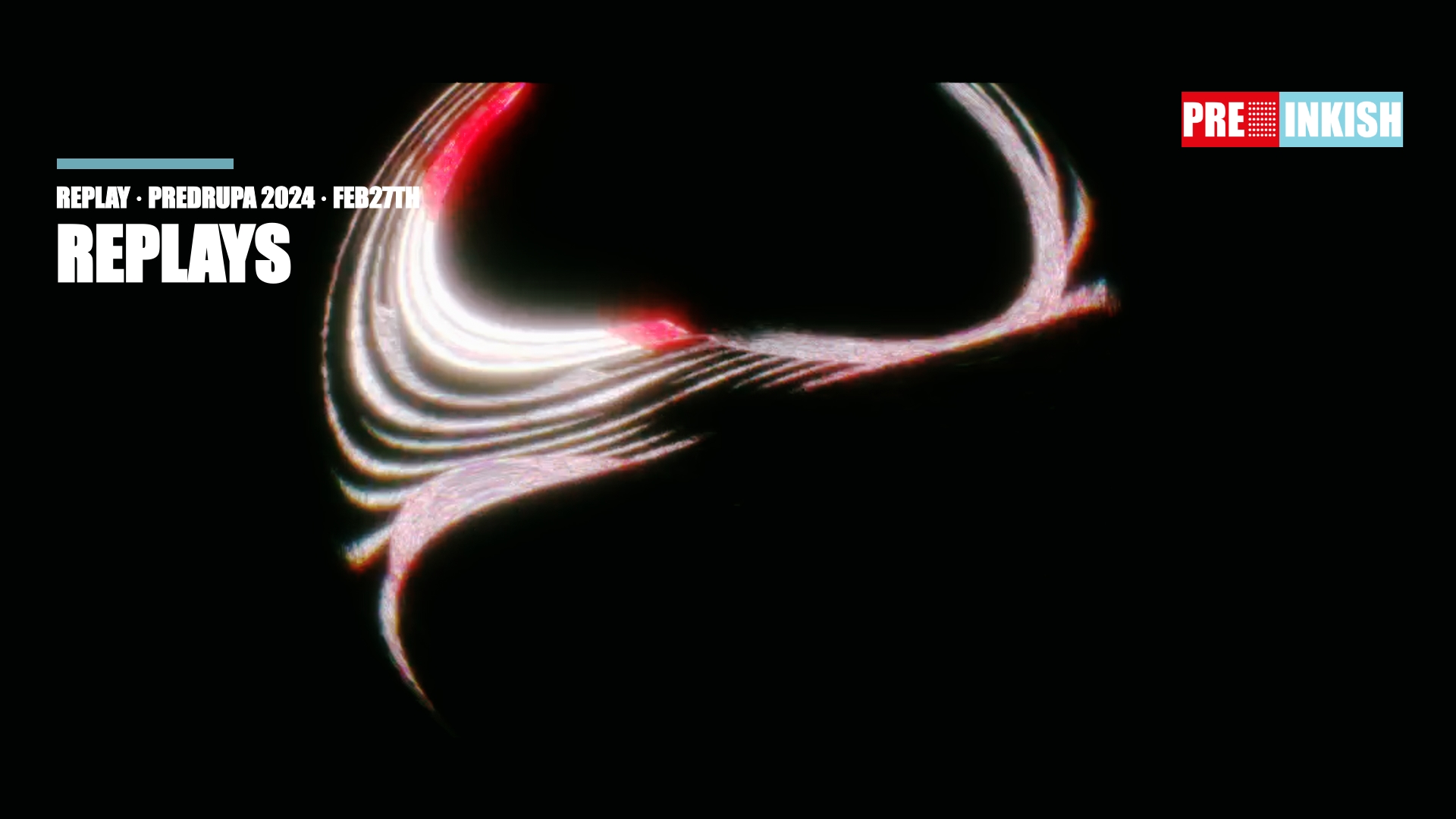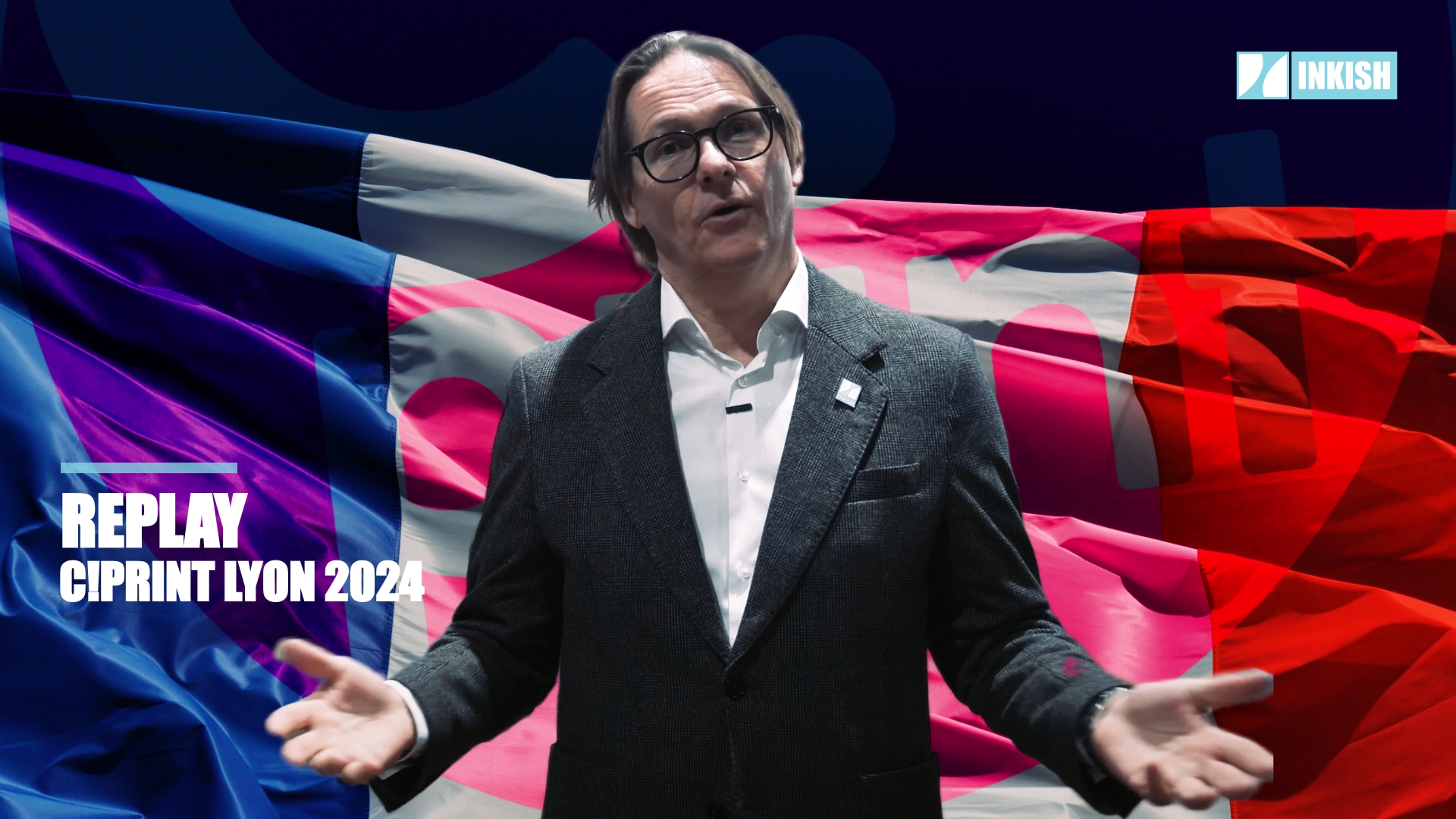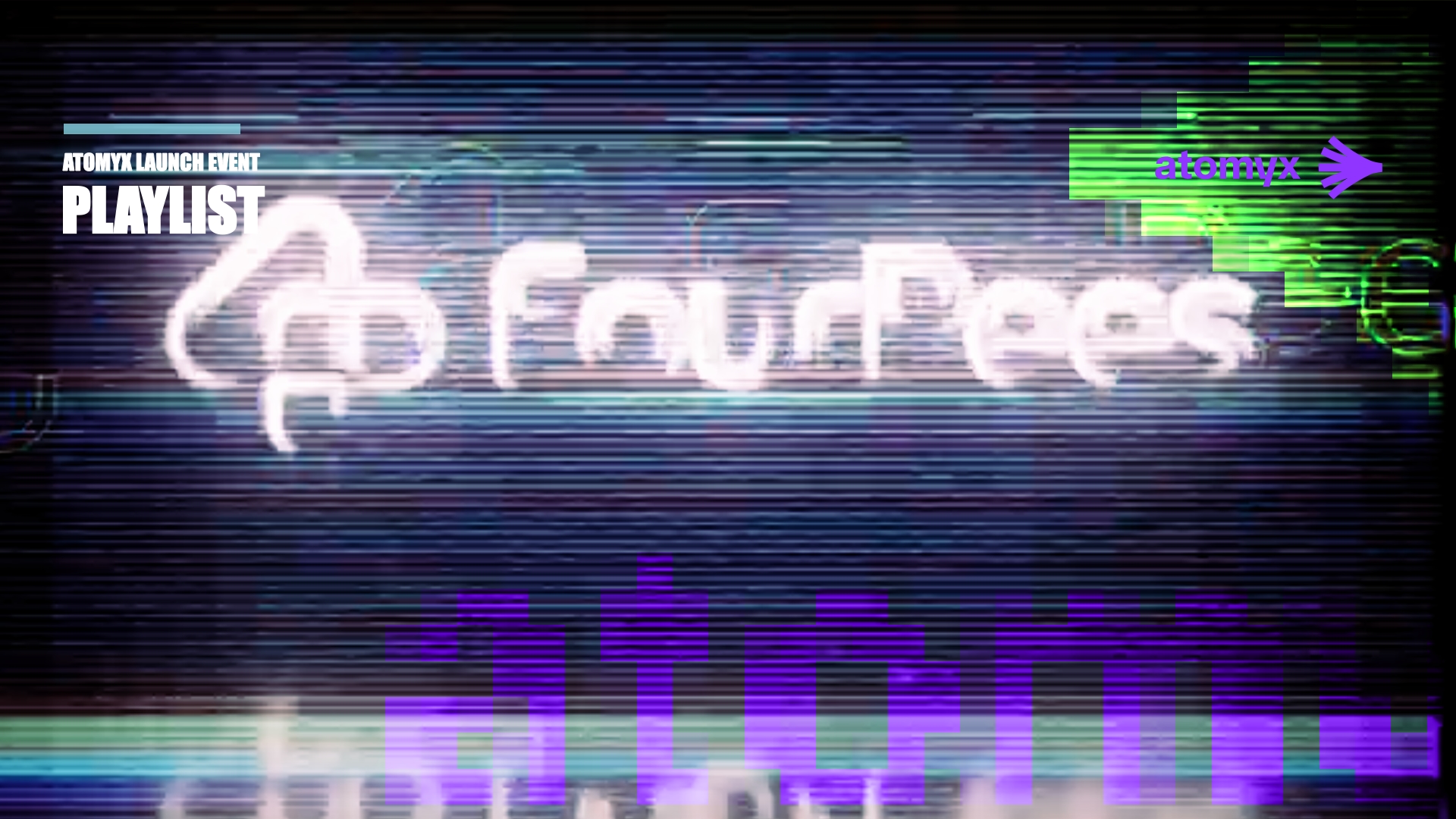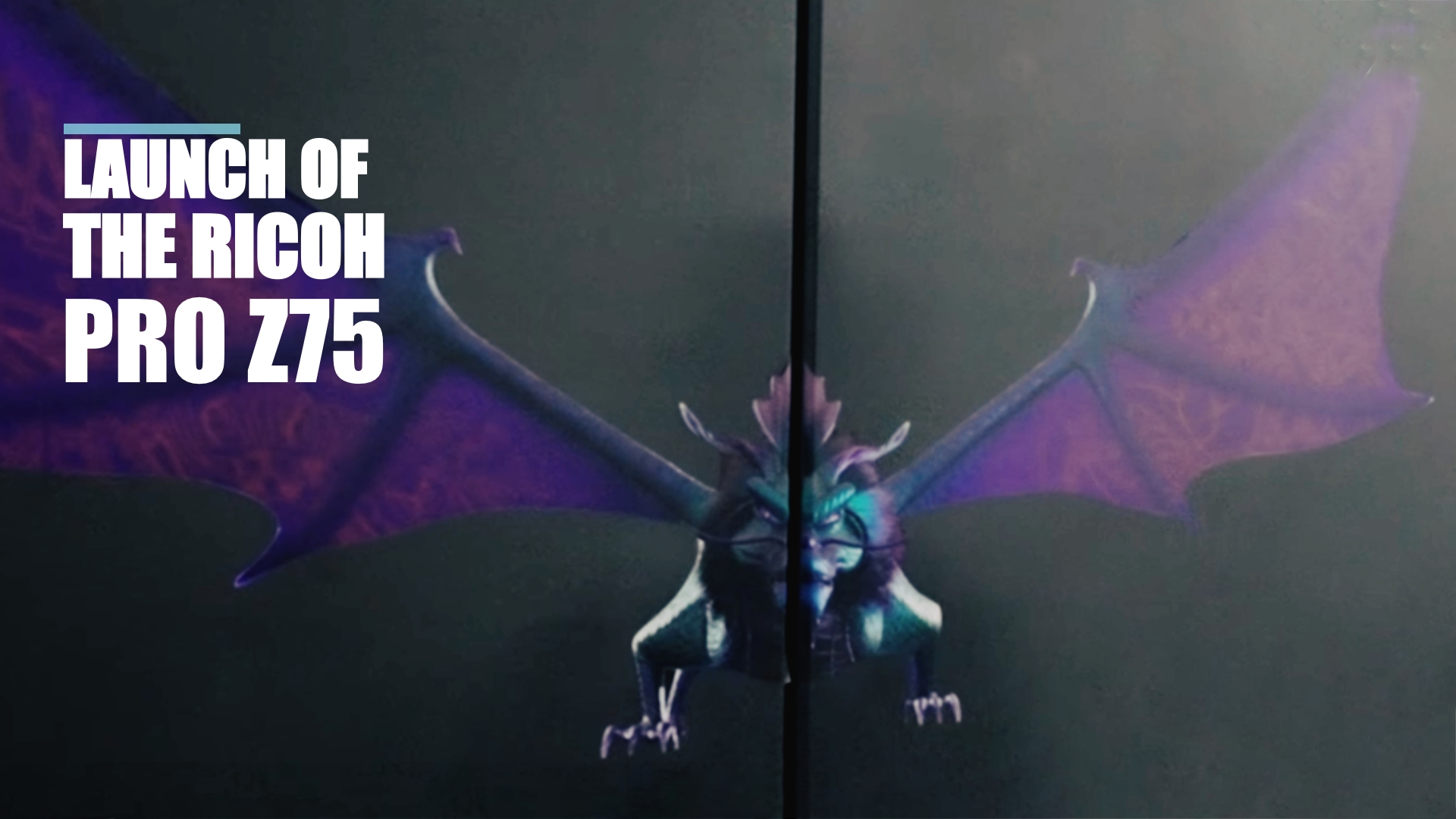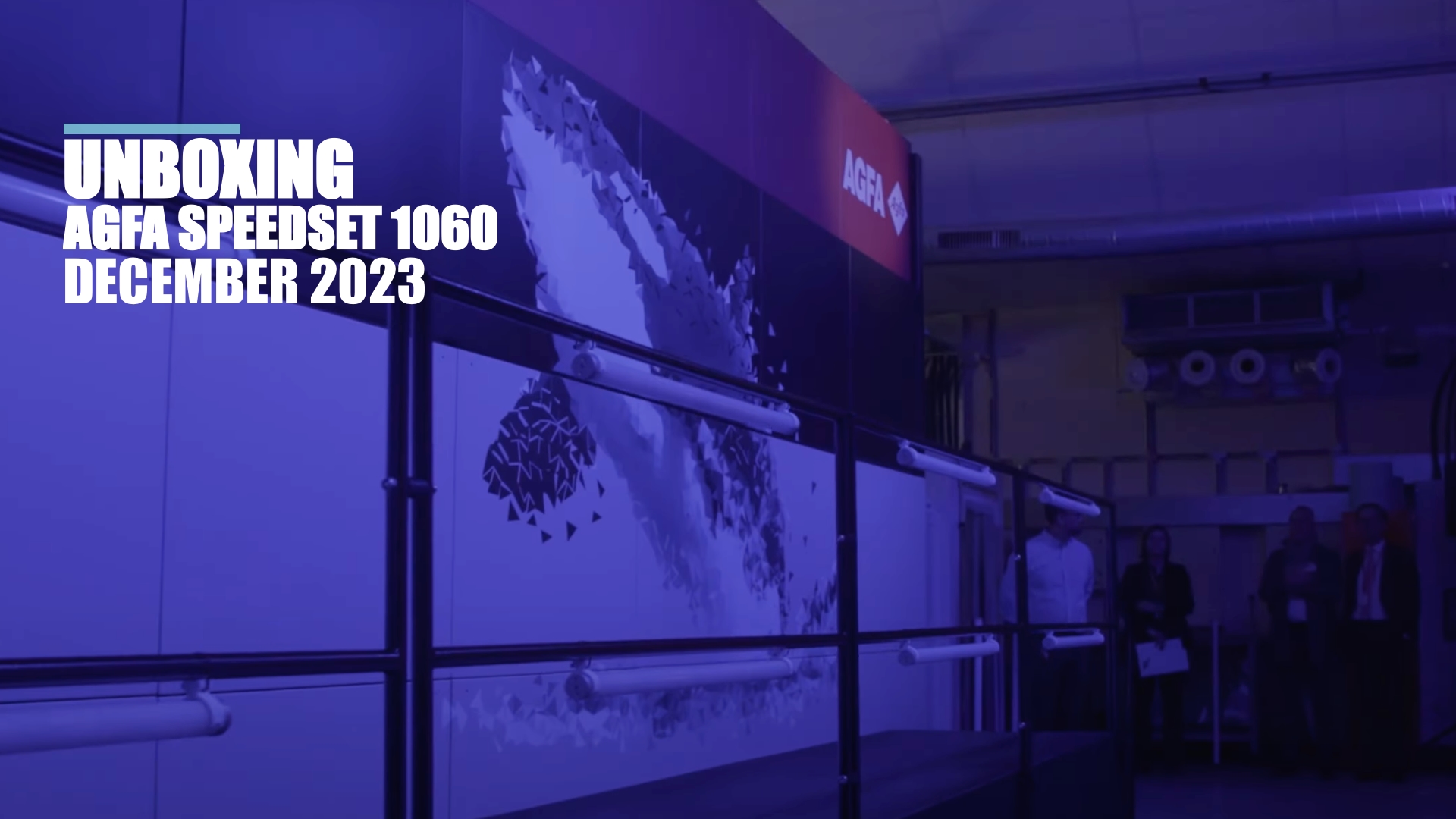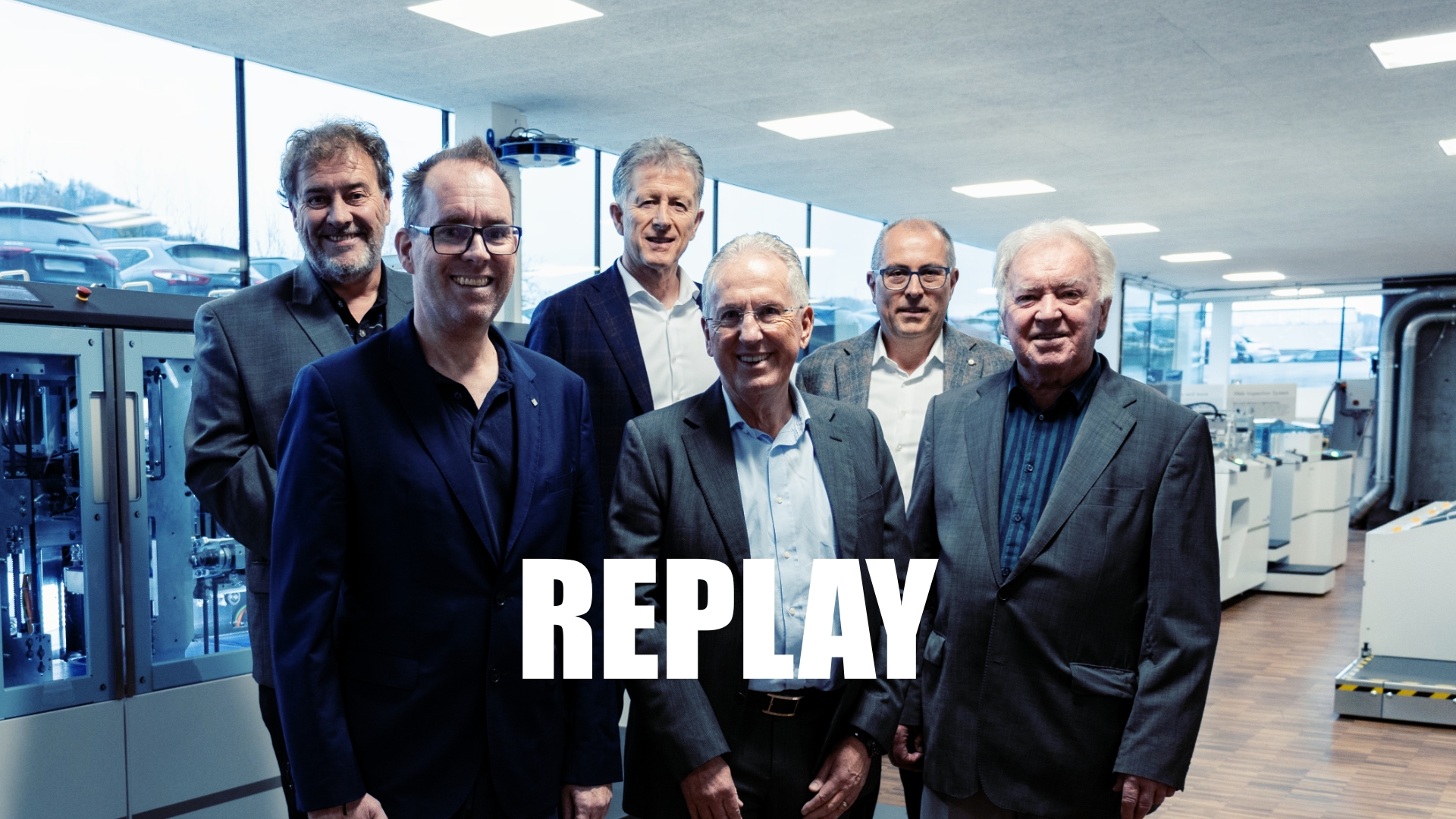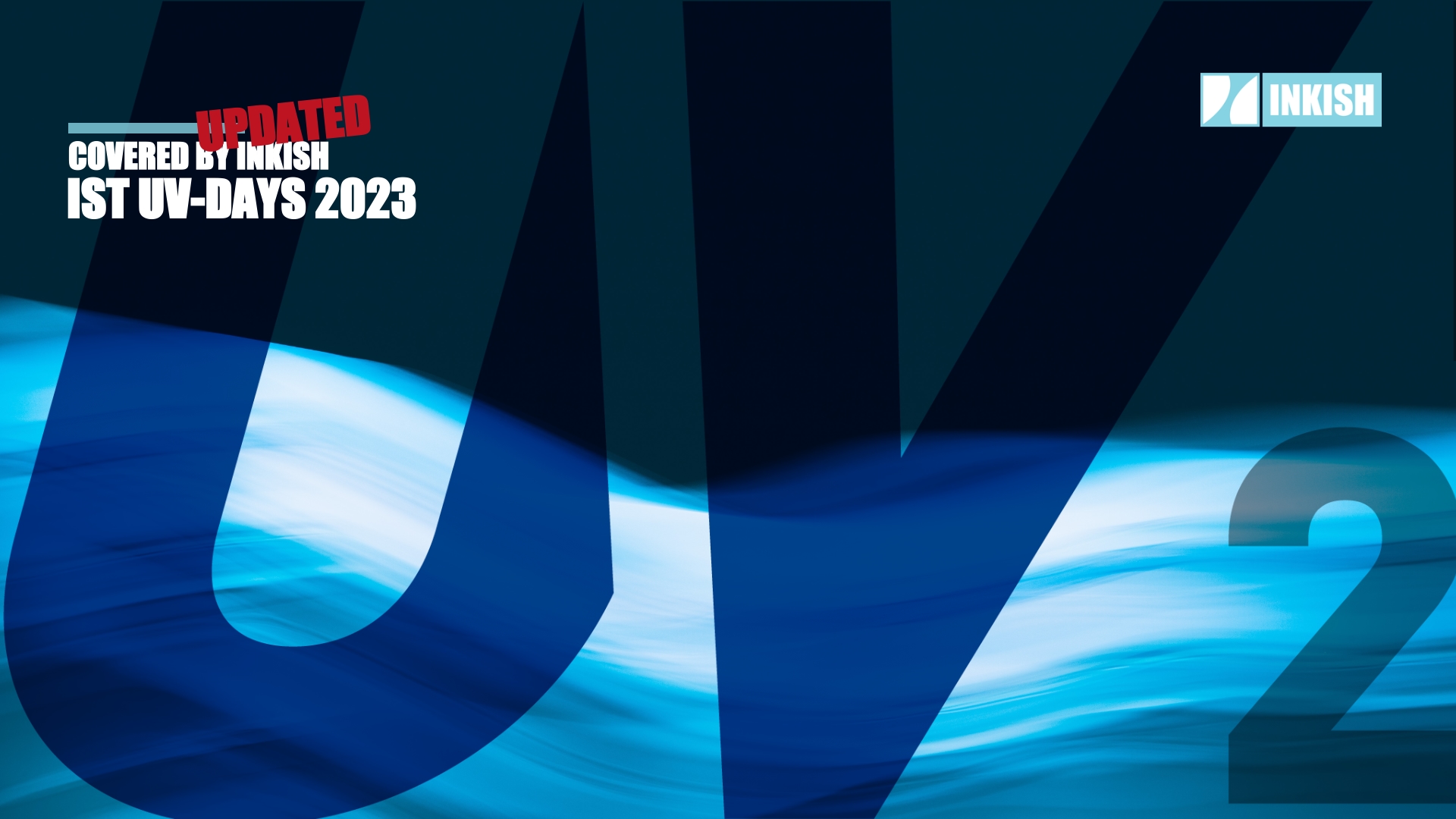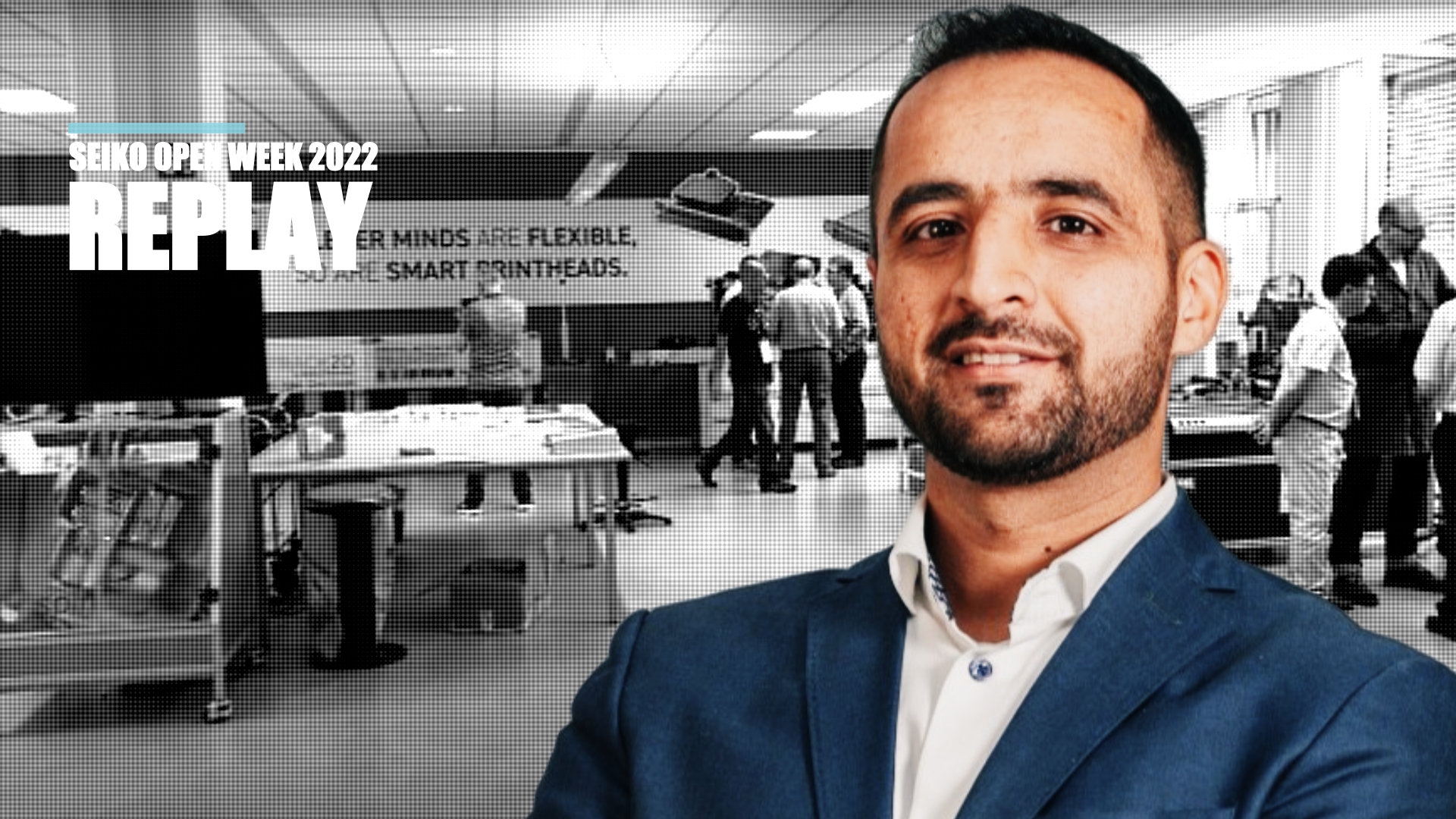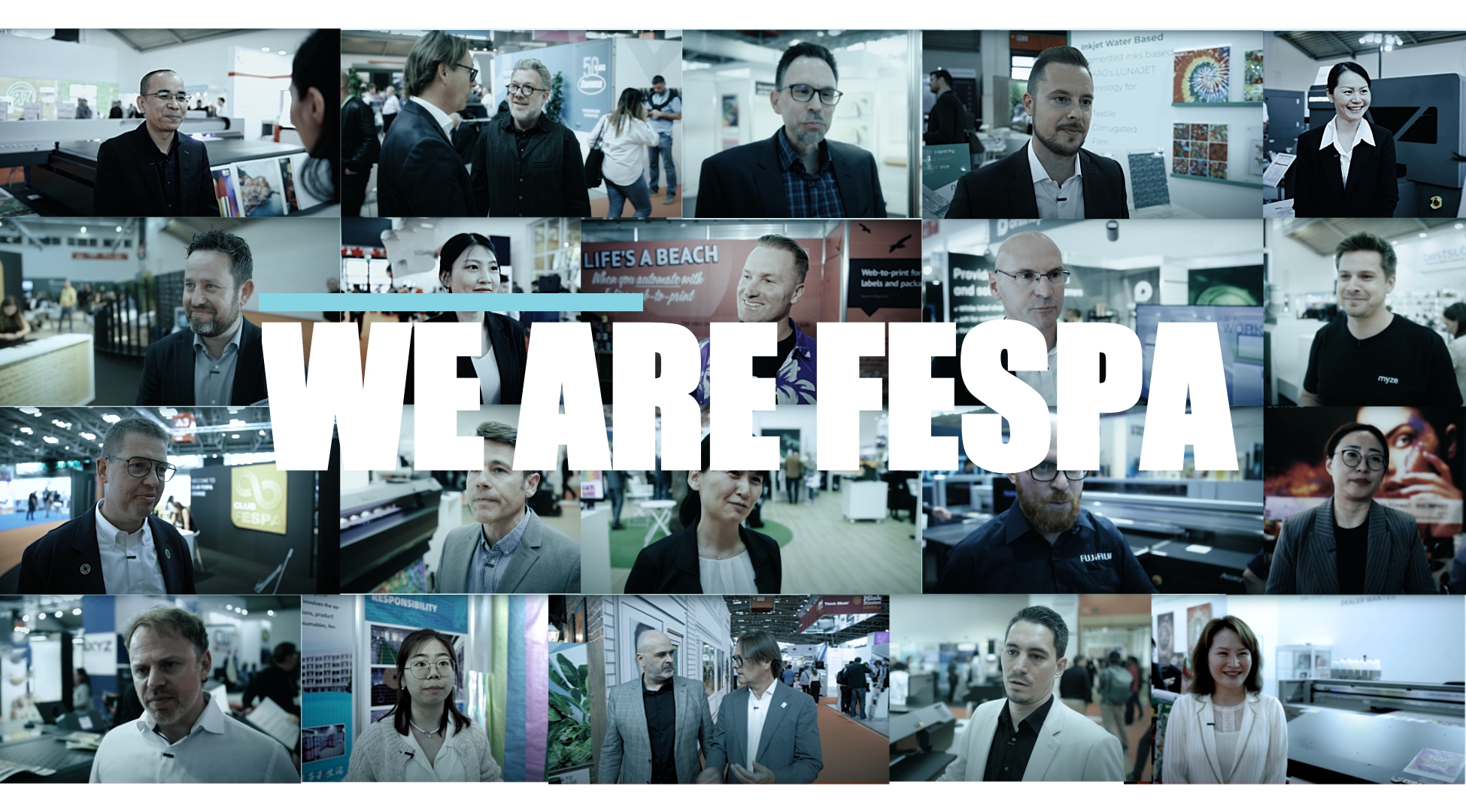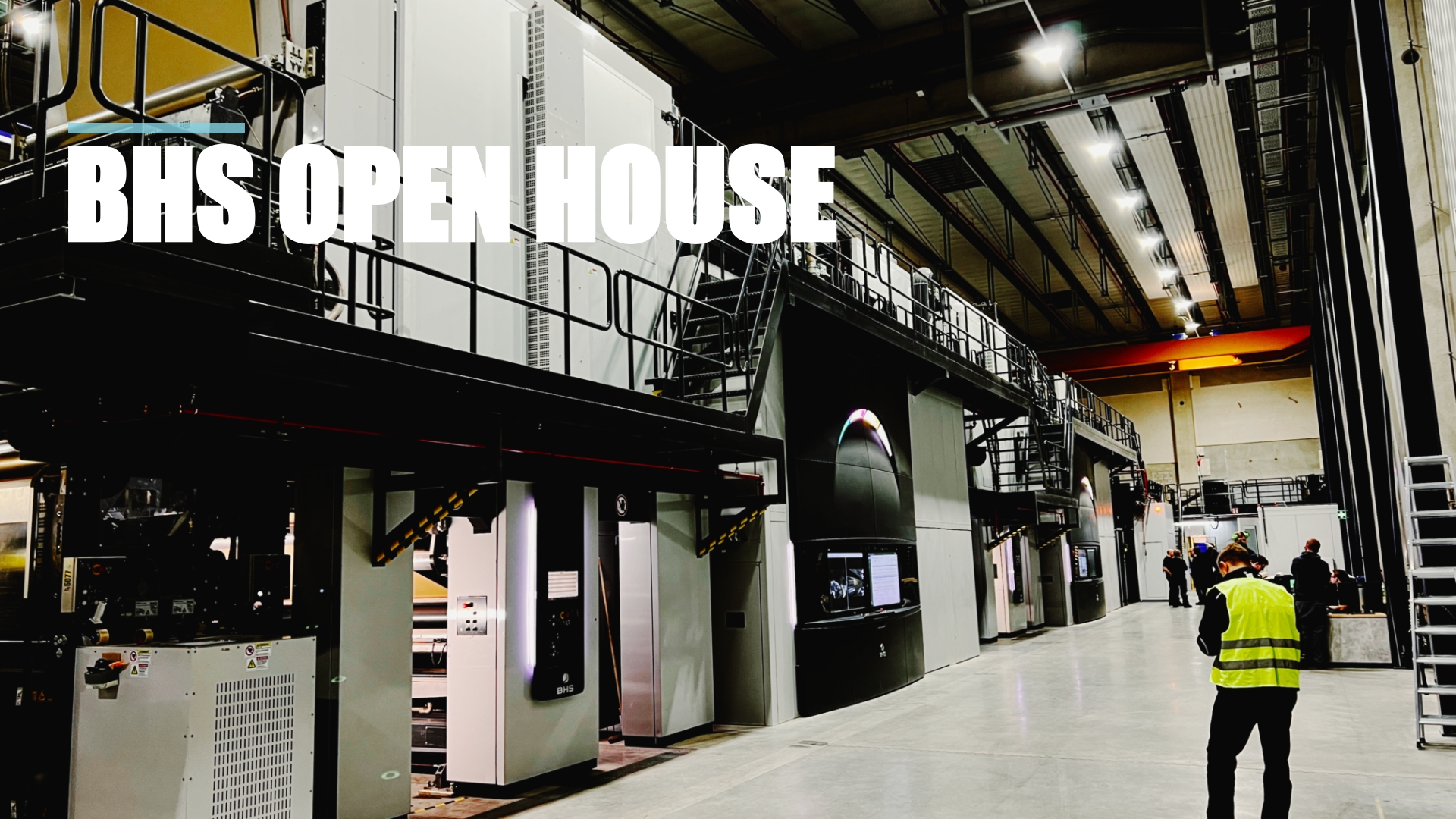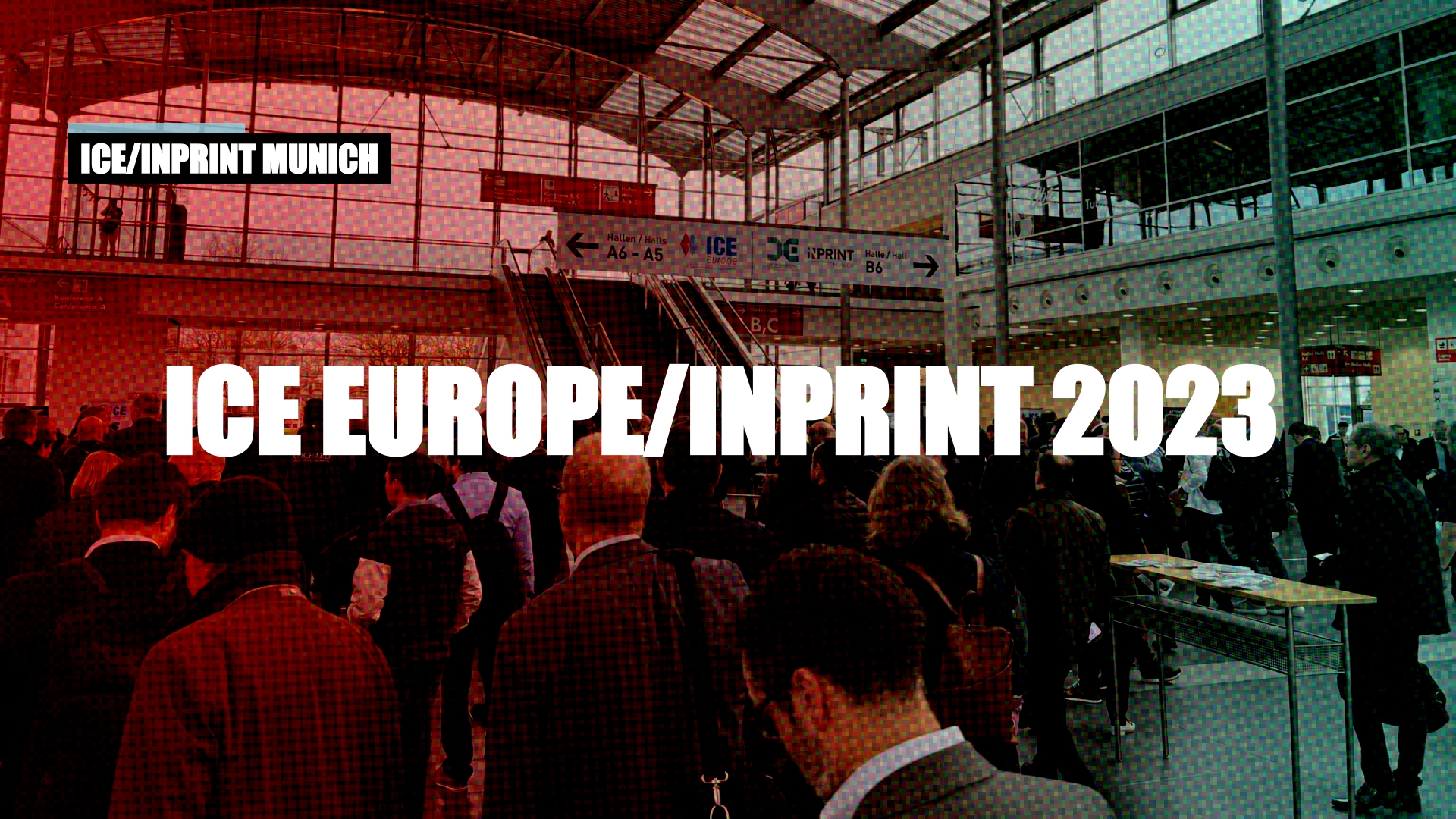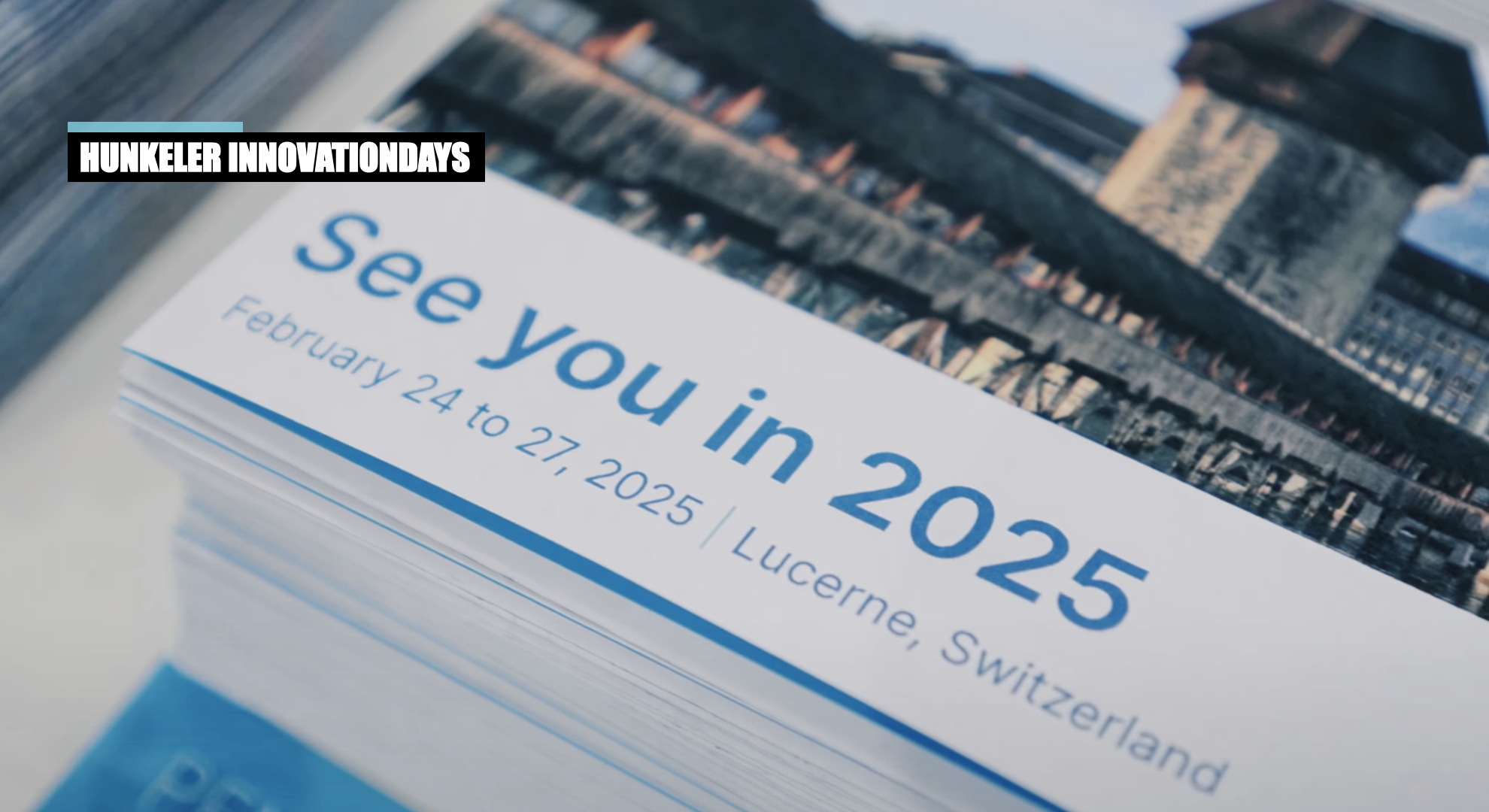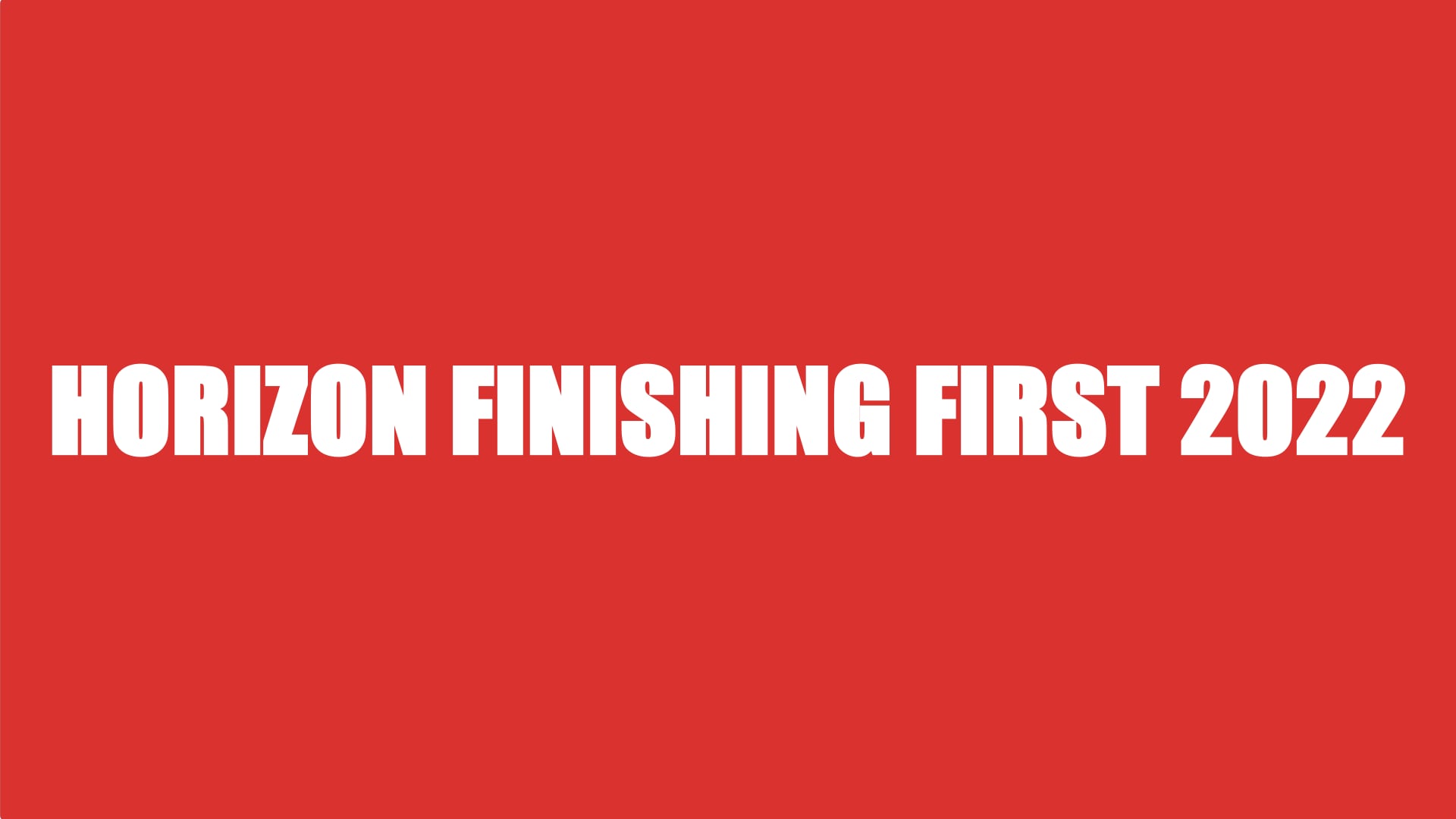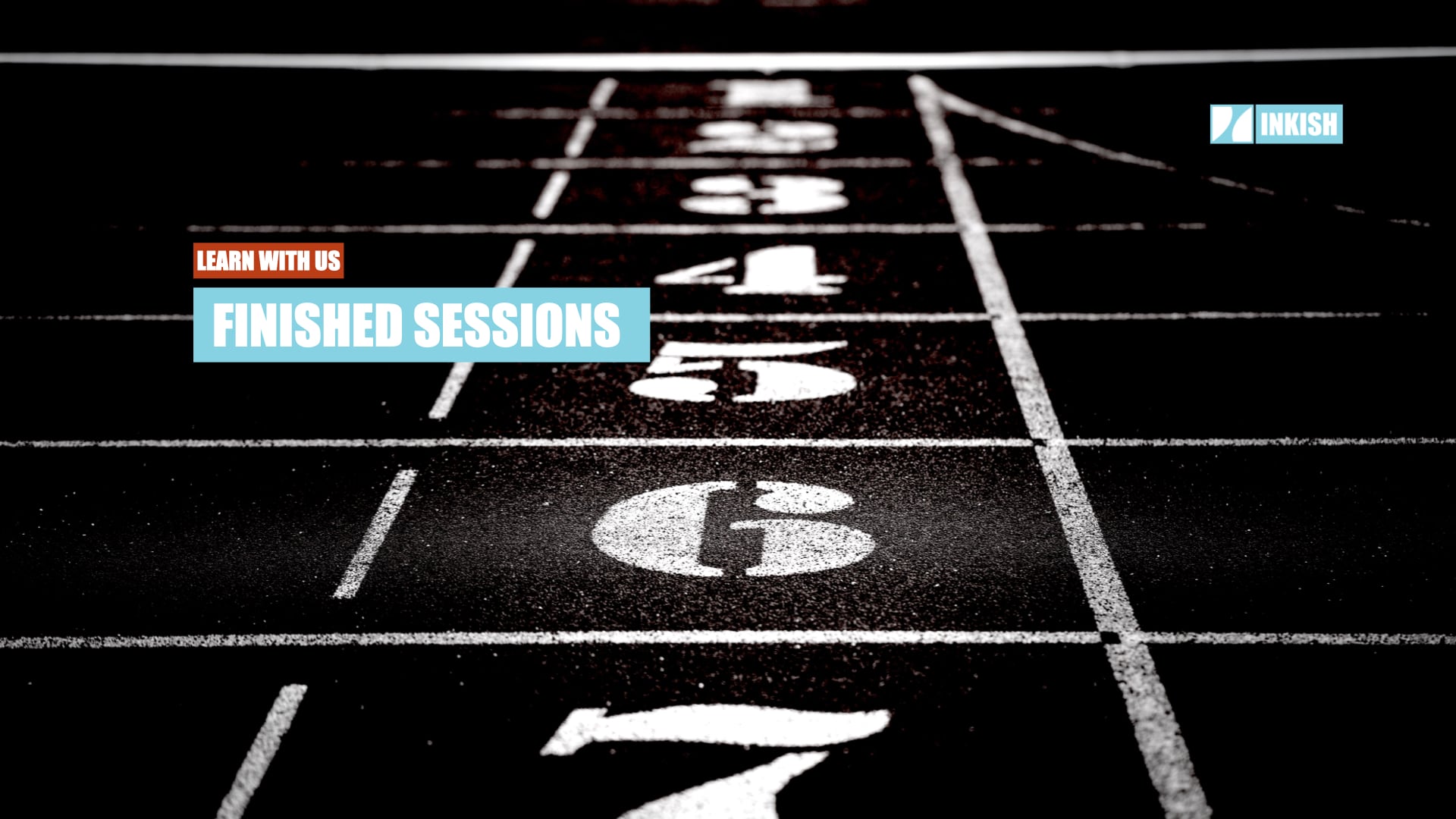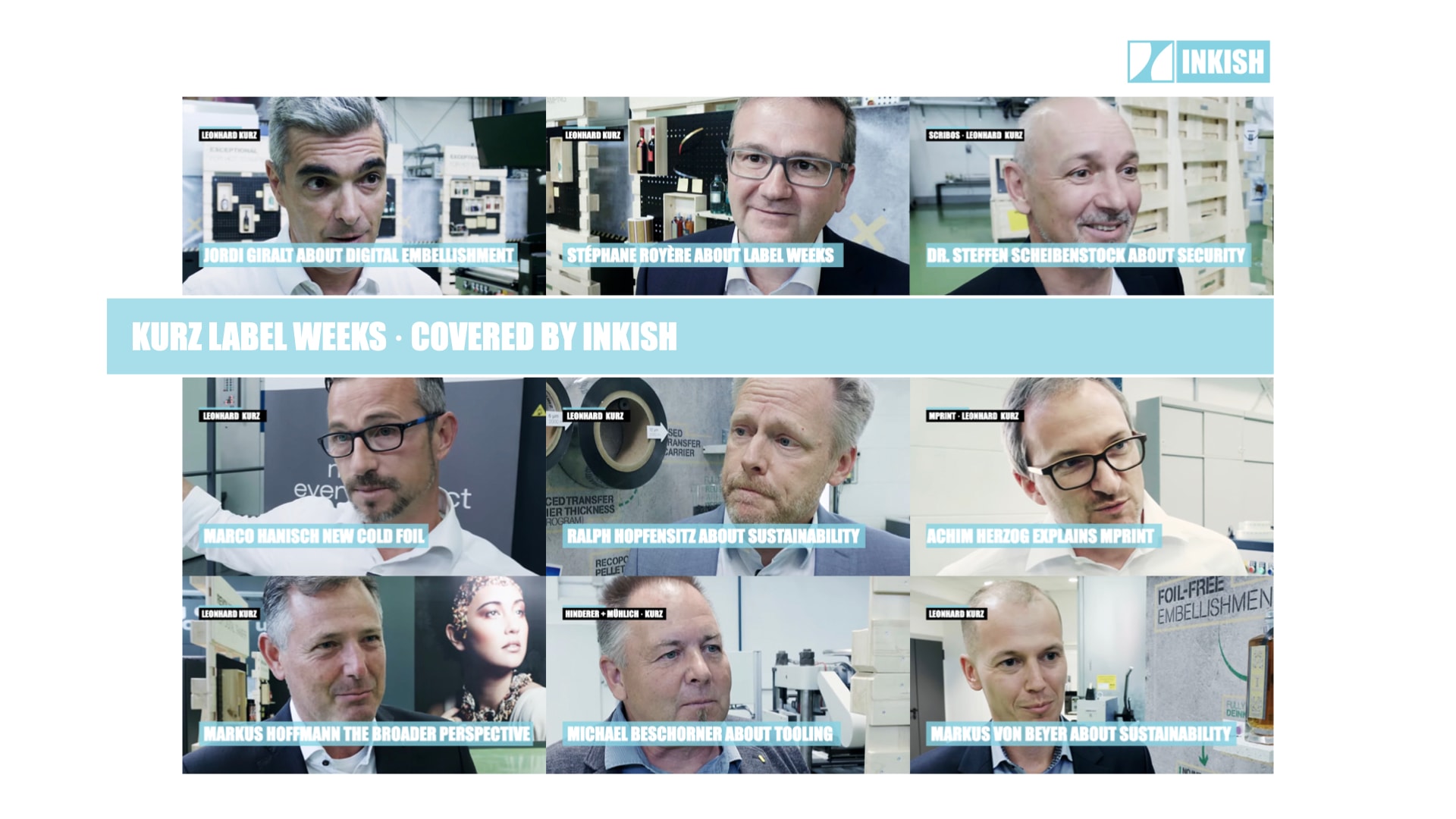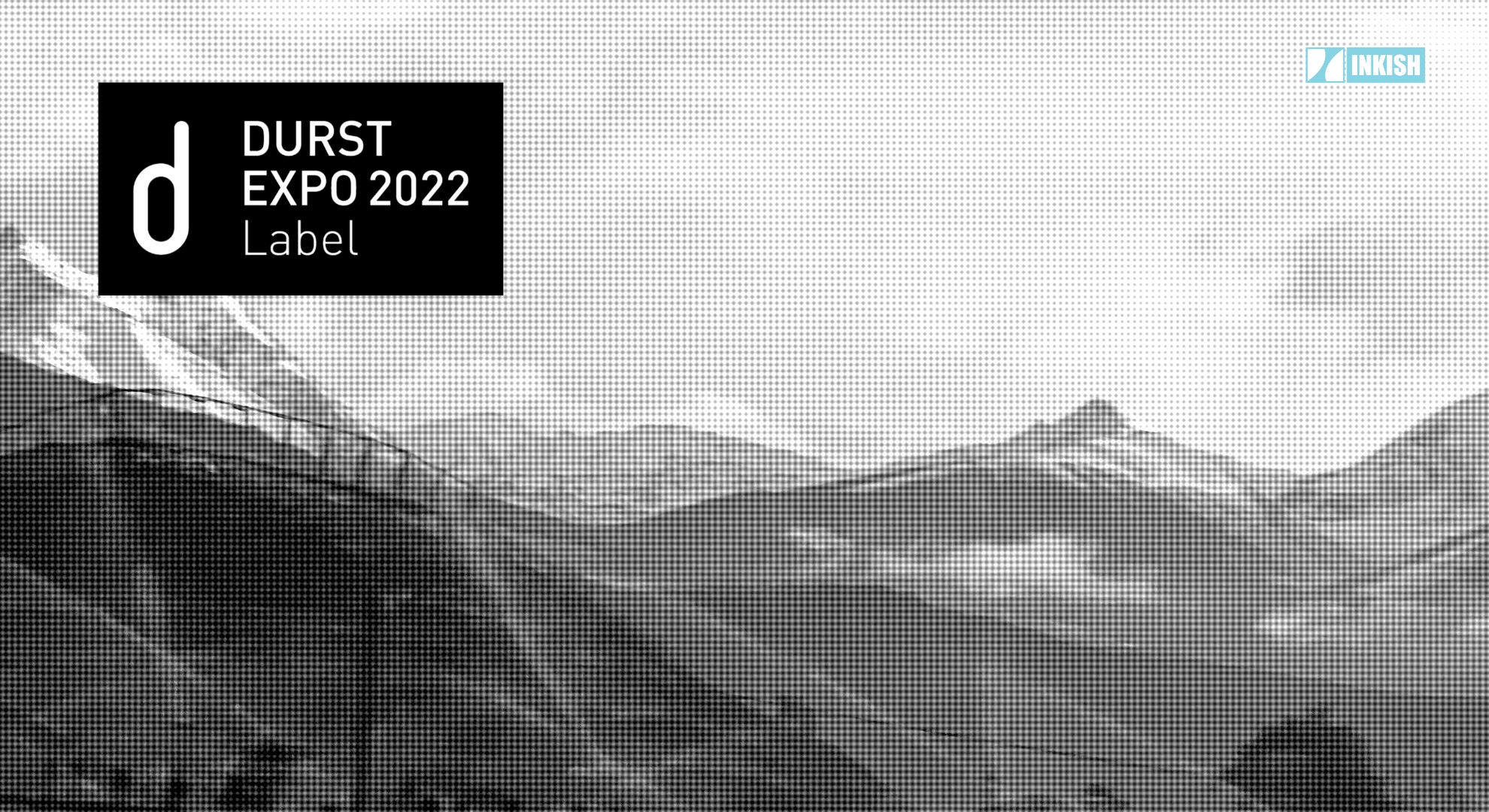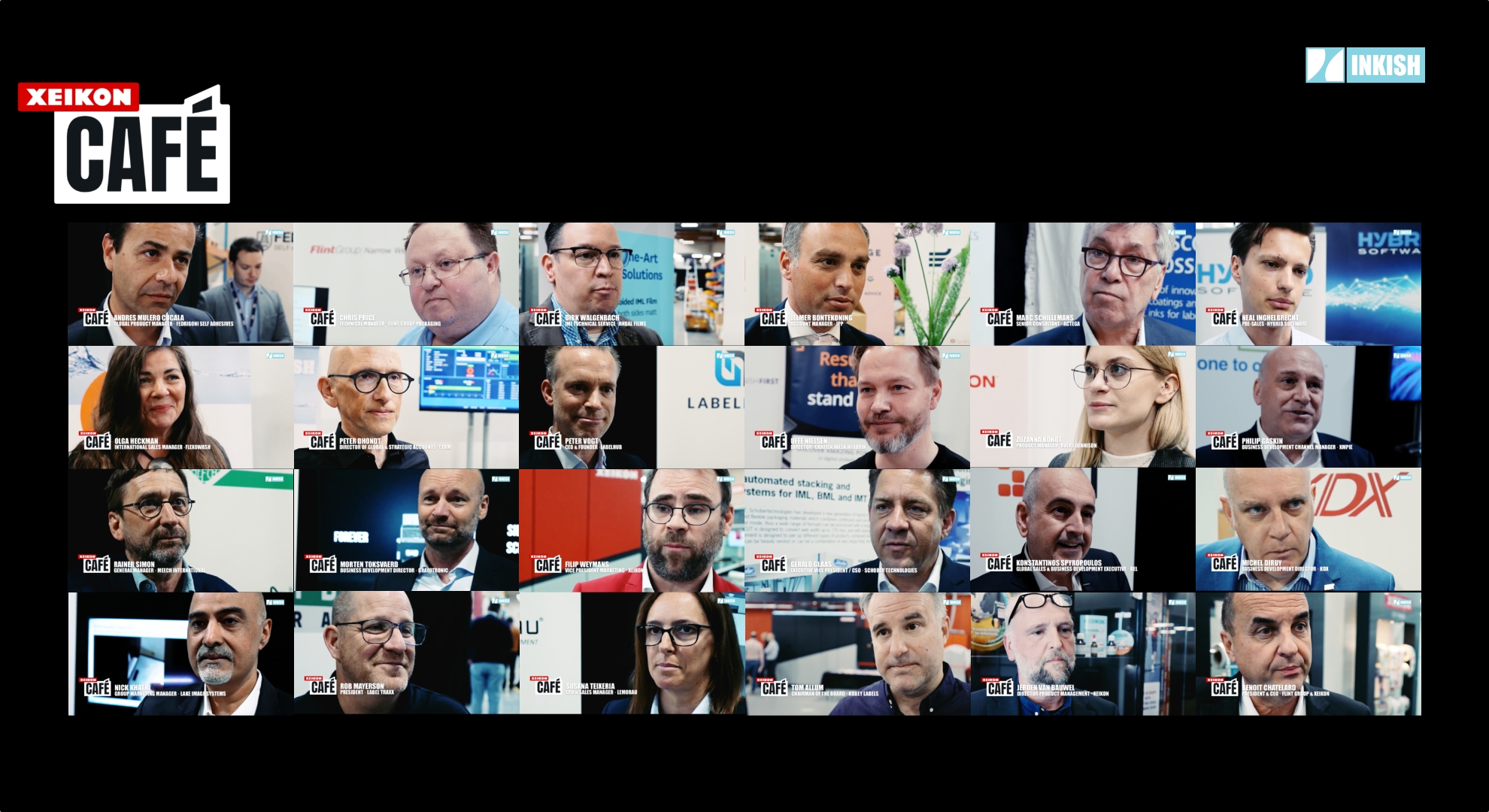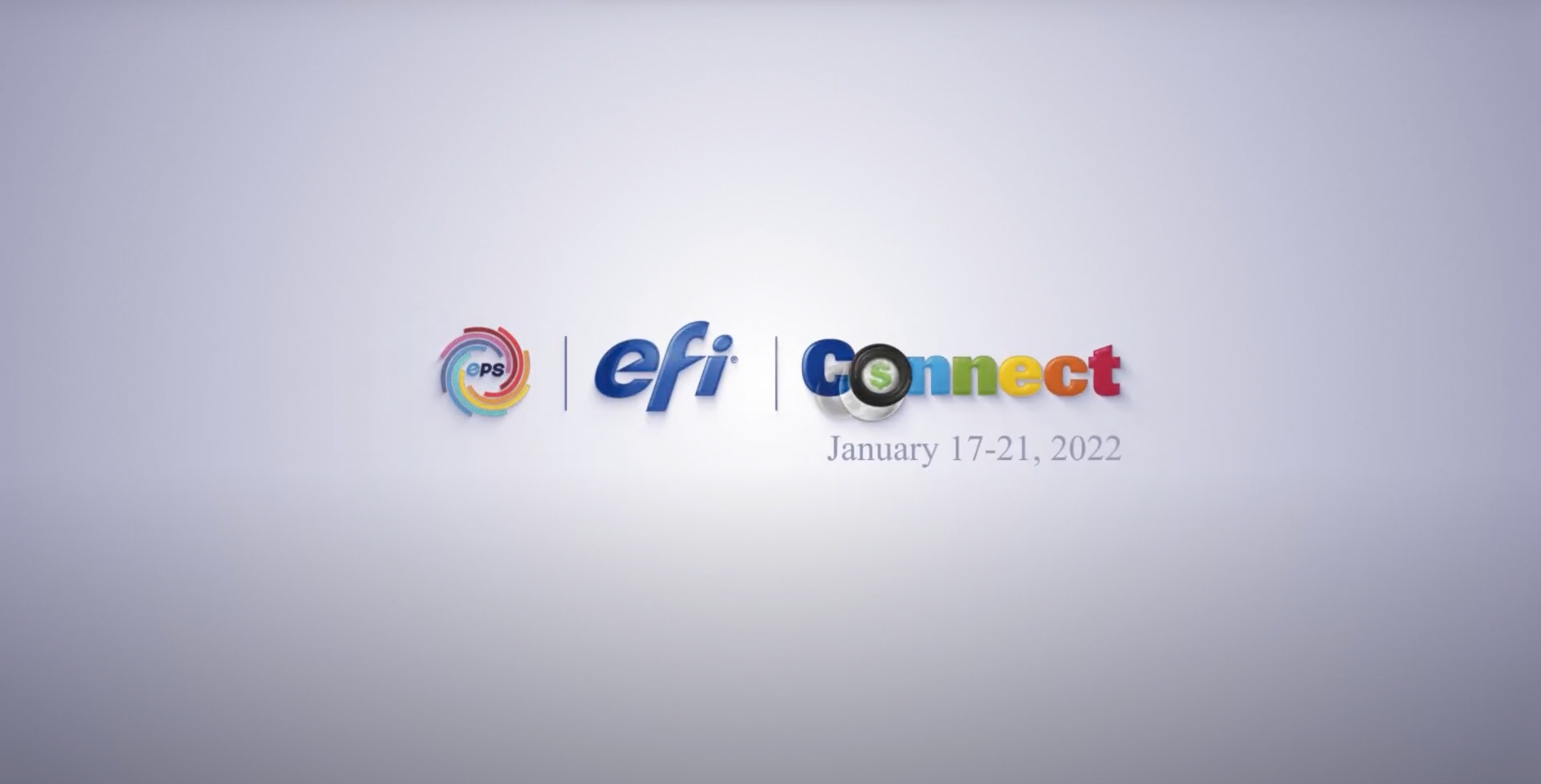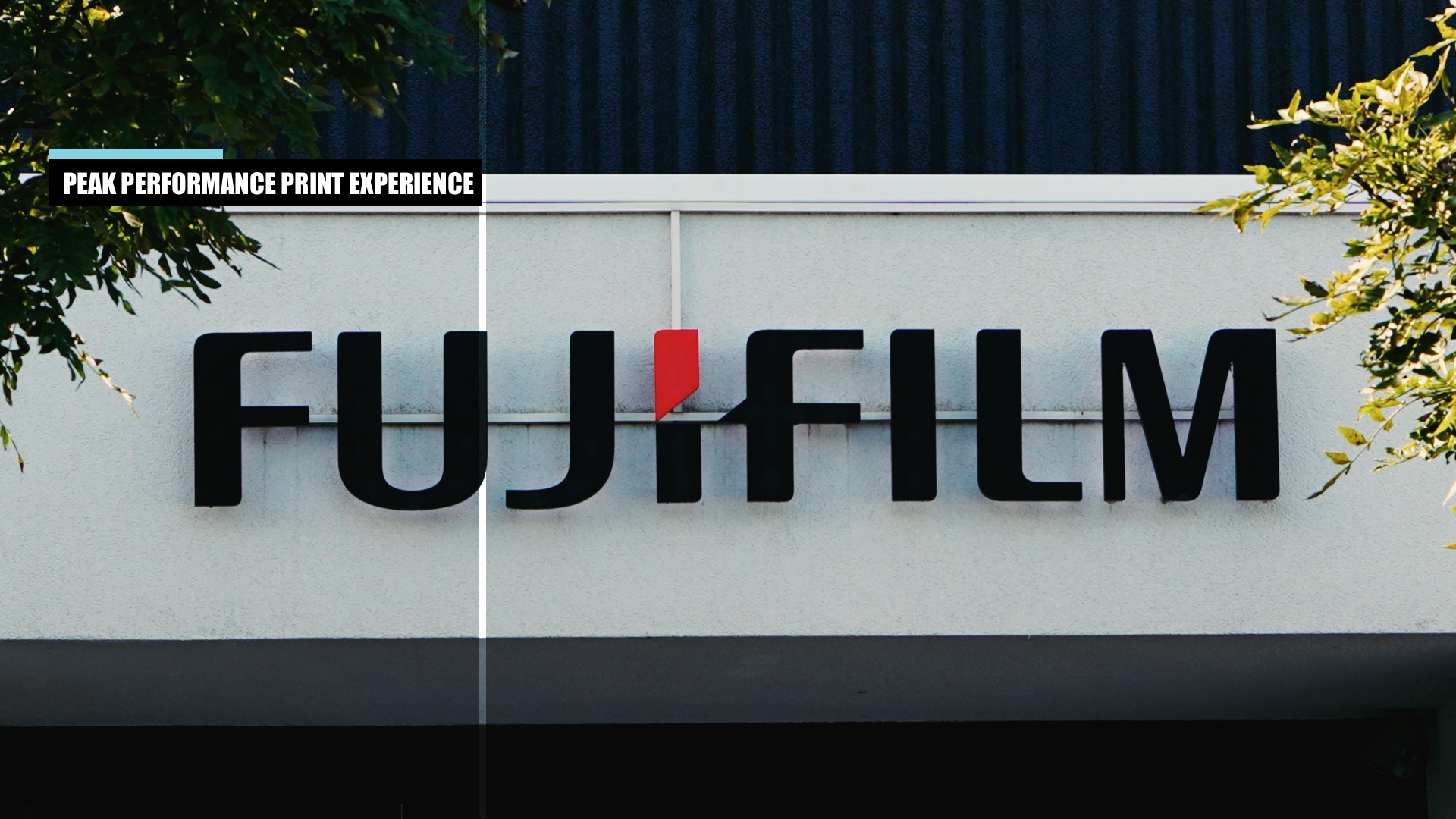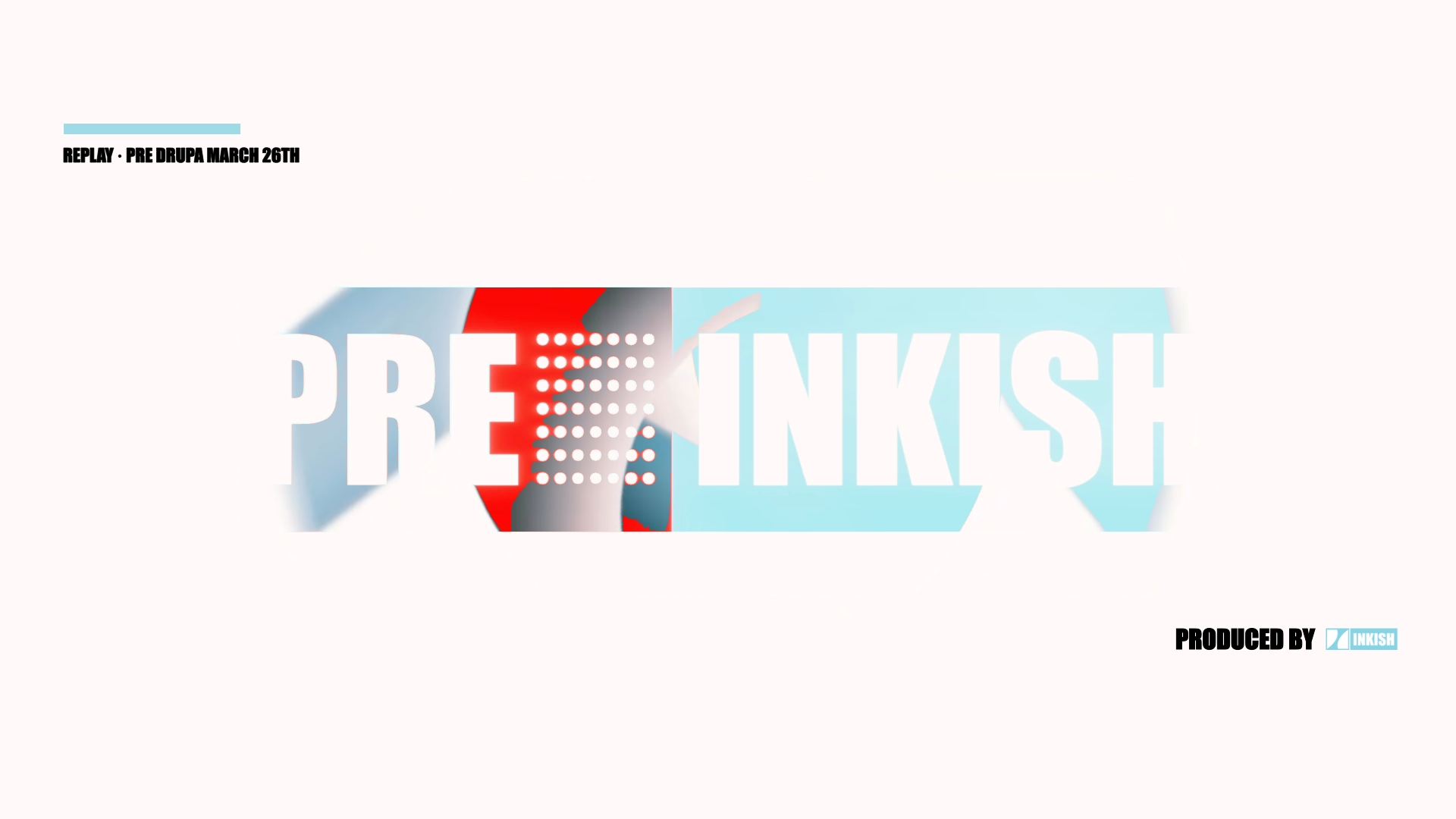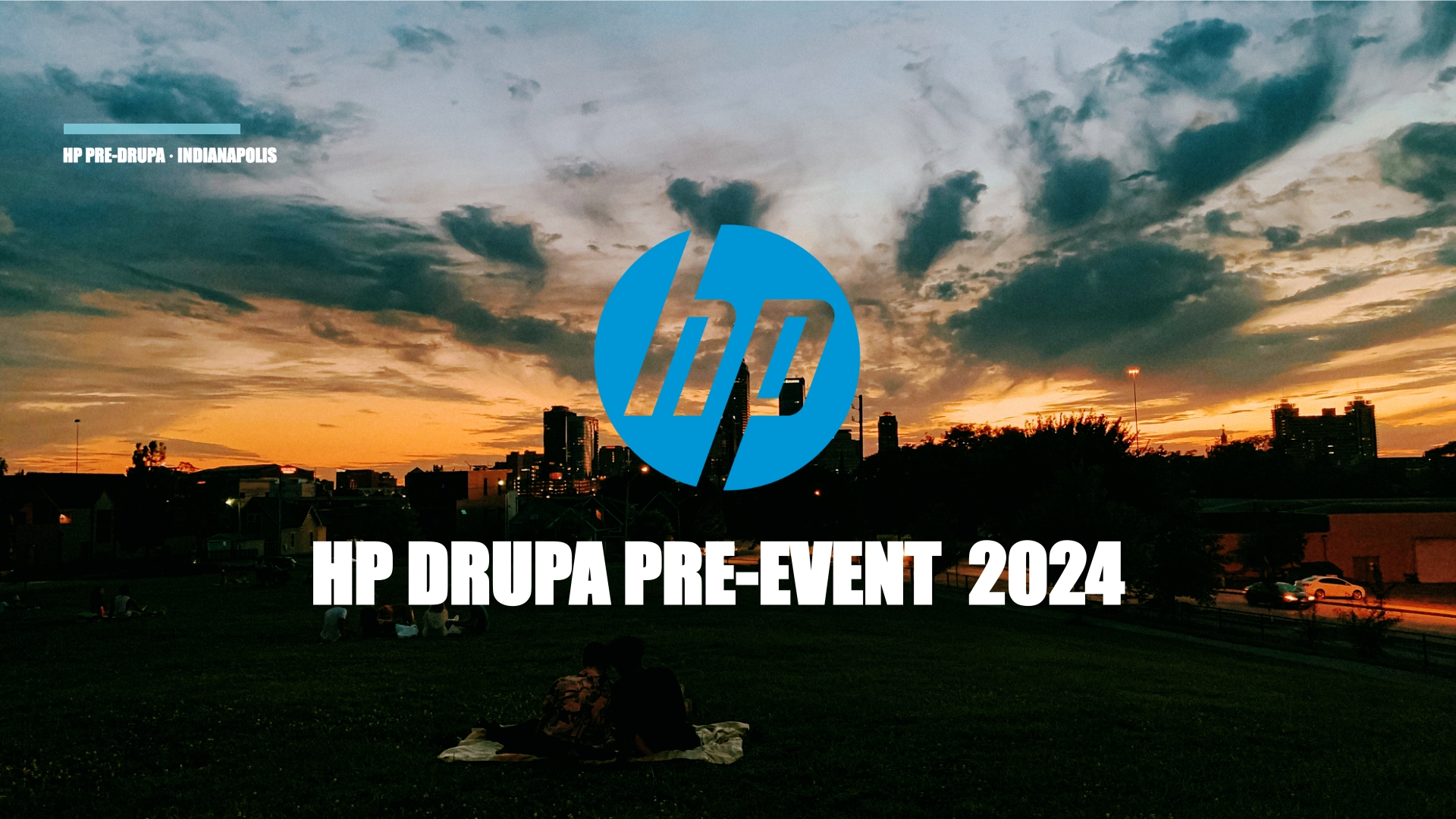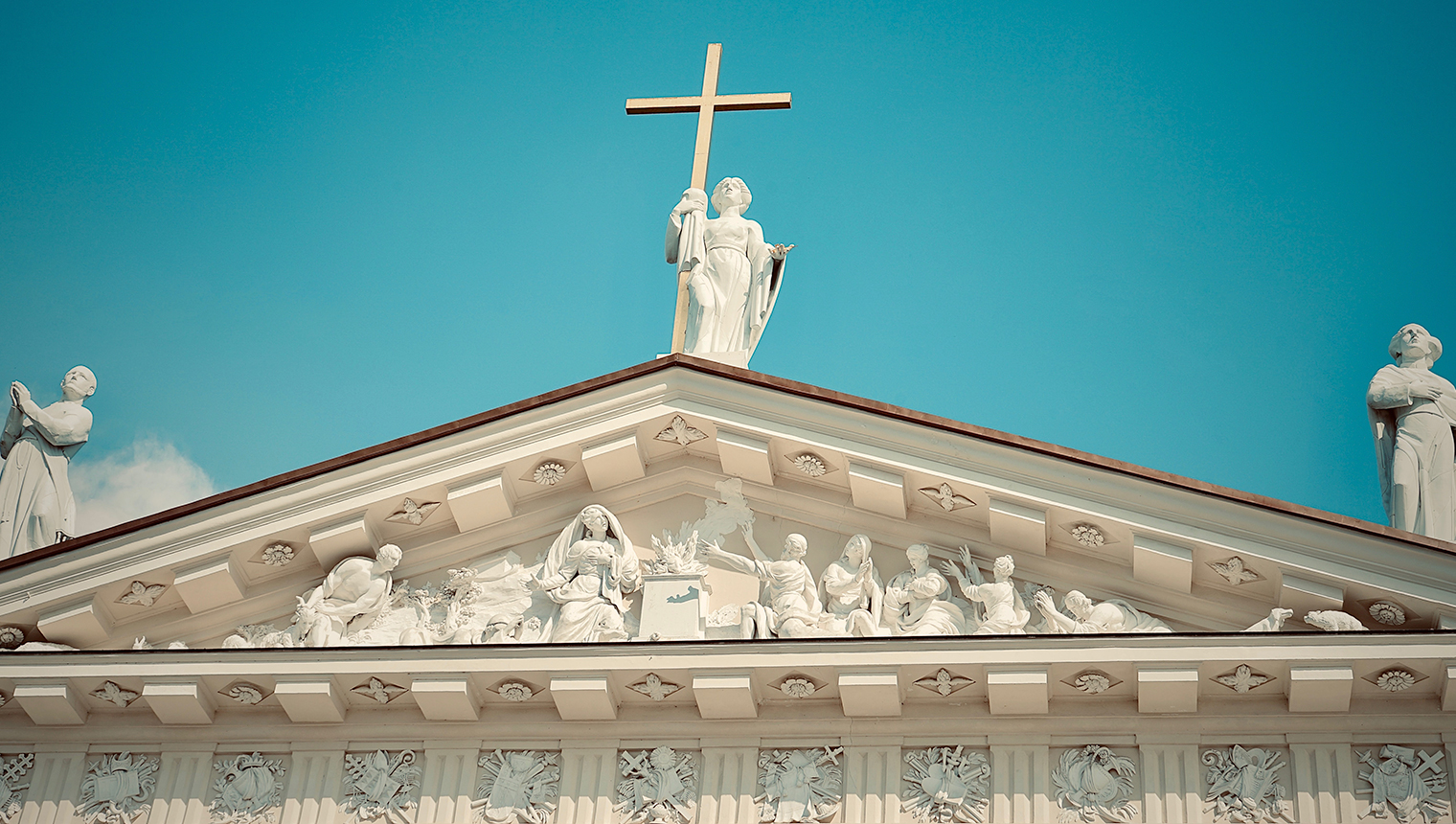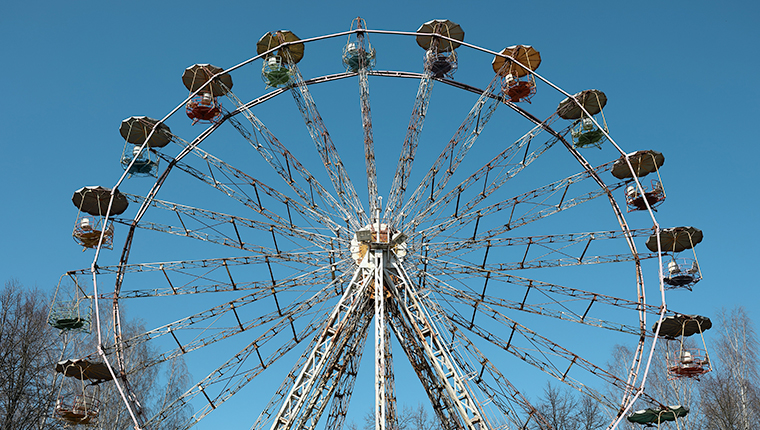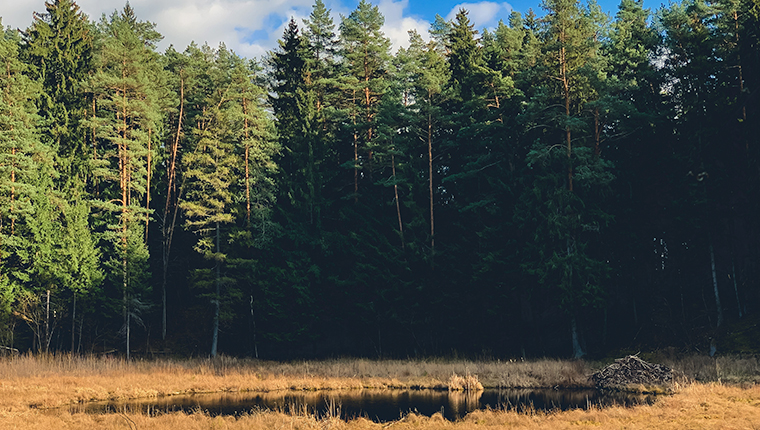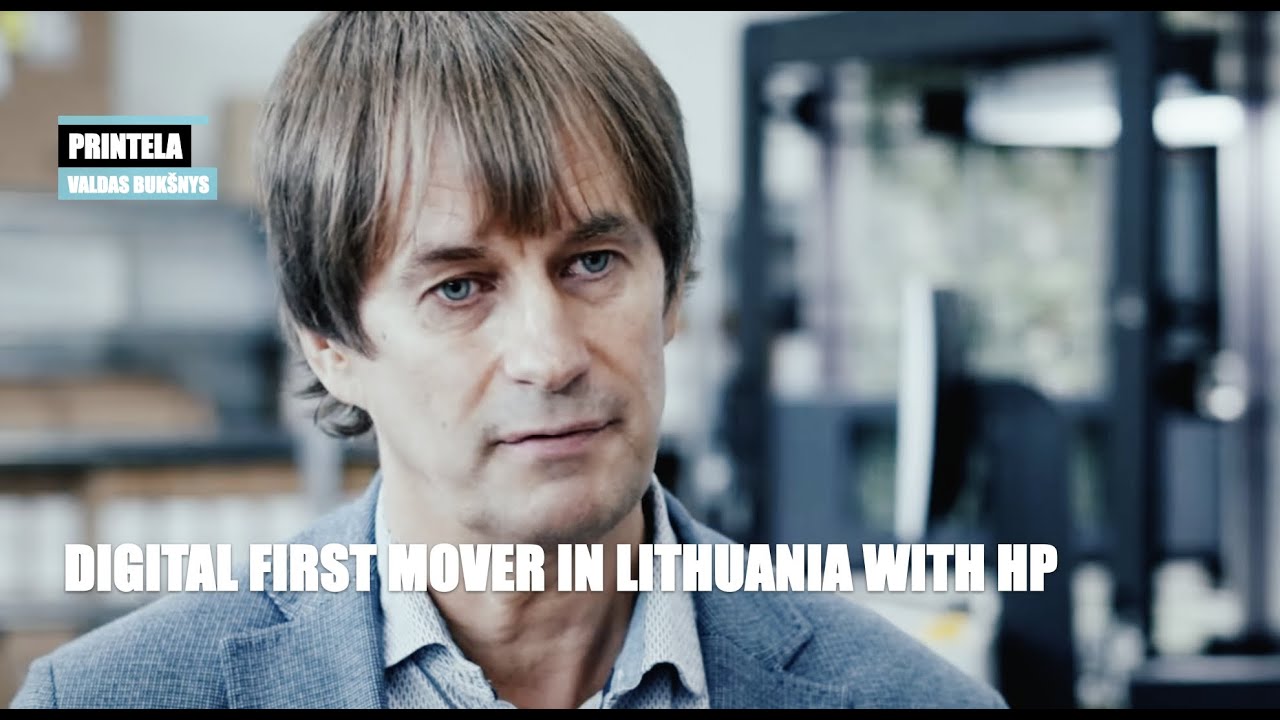Lithuania (/ˌlɪθjuˈeɪniə/ (![]() listen) LITH-ew-AY-nee-ə;[10] Lithuanian: Lietuva [lʲɪɛtʊˈvɐ]), officially the Republic of Lithuania (Lithuanian: Lietuvos Respublika), is a country in the Baltic region of Europe. Lithuania is considered to be one of the Baltic states.[11] The country is situated along the southeastern shore of the Baltic Sea, to the east of Sweden and Denmark. It is bordered by Latvia to the north, Belarus to the east and south, Poland to the south, and Kaliningrad Oblast (a Russian exclave) to the southwest. Lithuania has an estimated population of 2.8 million people as of 2019, and its capital and largest city is Vilnius. Other major cities are Kaunas and Klaipėda. Lithuanians are Baltic people. The official language, Lithuanian, is one of only two living languages in the Baltic branch of the Indo-European language family, the other being Latvian.
listen) LITH-ew-AY-nee-ə;[10] Lithuanian: Lietuva [lʲɪɛtʊˈvɐ]), officially the Republic of Lithuania (Lithuanian: Lietuvos Respublika), is a country in the Baltic region of Europe. Lithuania is considered to be one of the Baltic states.[11] The country is situated along the southeastern shore of the Baltic Sea, to the east of Sweden and Denmark. It is bordered by Latvia to the north, Belarus to the east and south, Poland to the south, and Kaliningrad Oblast (a Russian exclave) to the southwest. Lithuania has an estimated population of 2.8 million people as of 2019, and its capital and largest city is Vilnius. Other major cities are Kaunas and Klaipėda. Lithuanians are Baltic people. The official language, Lithuanian, is one of only two living languages in the Baltic branch of the Indo-European language family, the other being Latvian.
For centuries, the southeastern shores of the Baltic Sea were inhabited by various Baltic tribes. In the 1230s, the Lithuanian lands were united by Mindaugas and the Kingdom of Lithuaniawas created on 6 July 1253. During the 14th century, the Grand Duchy of Lithuania was the largest country in Europe;[12] present-day Lithuania, Belarus, Ukraine, and parts of Poland and Russia were the territories of the Grand Duchy. With the Lublin Union of 1569, Lithuania and Poland formed a voluntary two-state personal union, the Polish–Lithuanian Commonwealth. The Commonwealth lasted more than two centuries, until neighbouring countries systematically dismantled it from 1772 to 1795, with the Russian Empire annexing most of Lithuania’s territory.
As World War I neared its end, Lithuania’s Act of Independence was signed on 16 February 1918, declaring the founding of the modern Republic of Lithuania. In the midst of the Second World War, Lithuania was first occupied by the Soviet Union and then by Nazi Germany. As World War II neared its end and the Germans retreated, the Soviet Union reoccupied Lithuania. On 11 March 1990, a year before the formal dissolution of the Soviet Union, Lithuania became the first Baltic state[13] to declare itself independent, resulting in the restoration of an independent State of Lithuania.
Lithuania is a high-income advanced economy[14][15] with a very high Human Development Index,[16] a very high standard of living and performs favourably in measurements of civil liberties, press freedom, internet freedom, democratic governance and peacefulness. Lithuania is a member of the European Union, the Council of Europe, eurozone, Schengen Agreement, NATOand OECD. It is also a member of the Nordic Investment Bank, and part of Nordic-Baltic cooperation of Northern European countries.
Photo Credits
Photo by Ricardas Brogys on Unsplash
Photo by Maksim Shutov on Unsplash
Photo by Romanas on Unsplash



